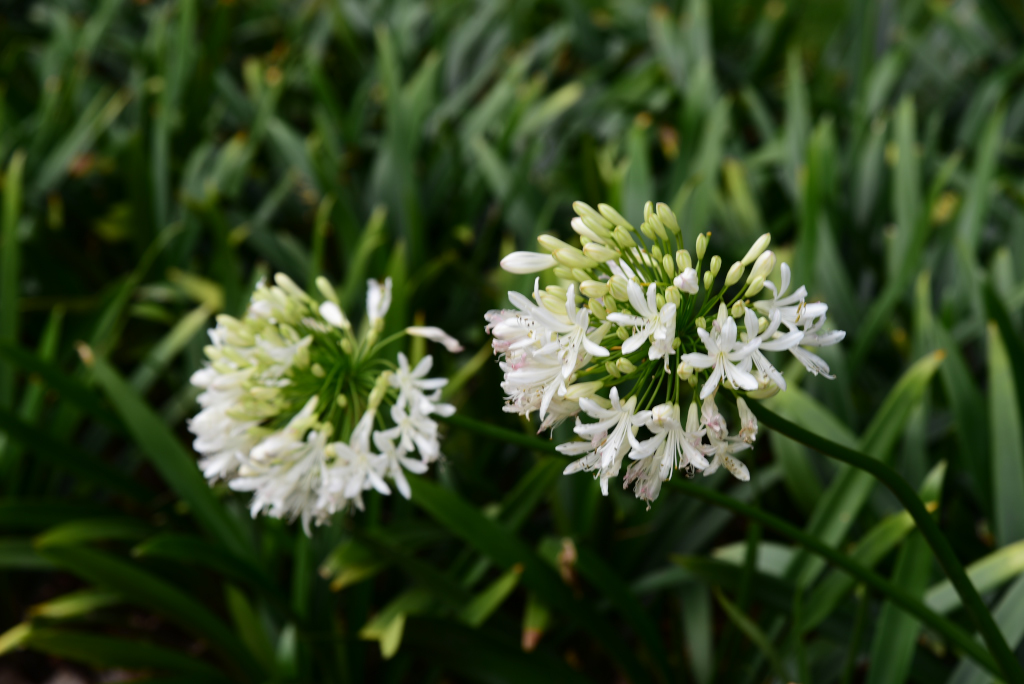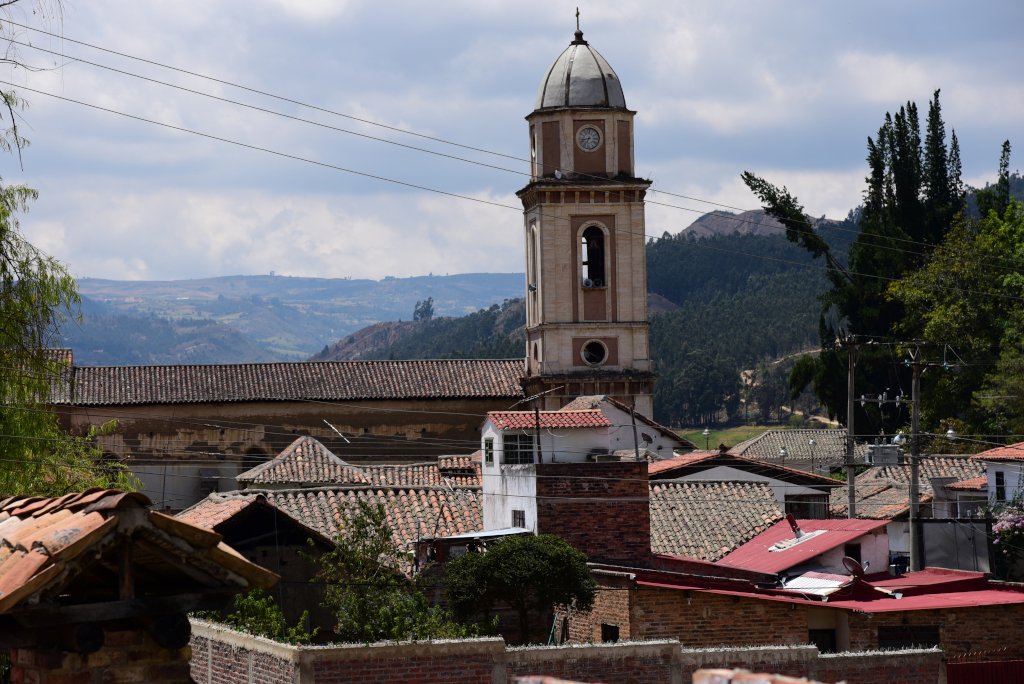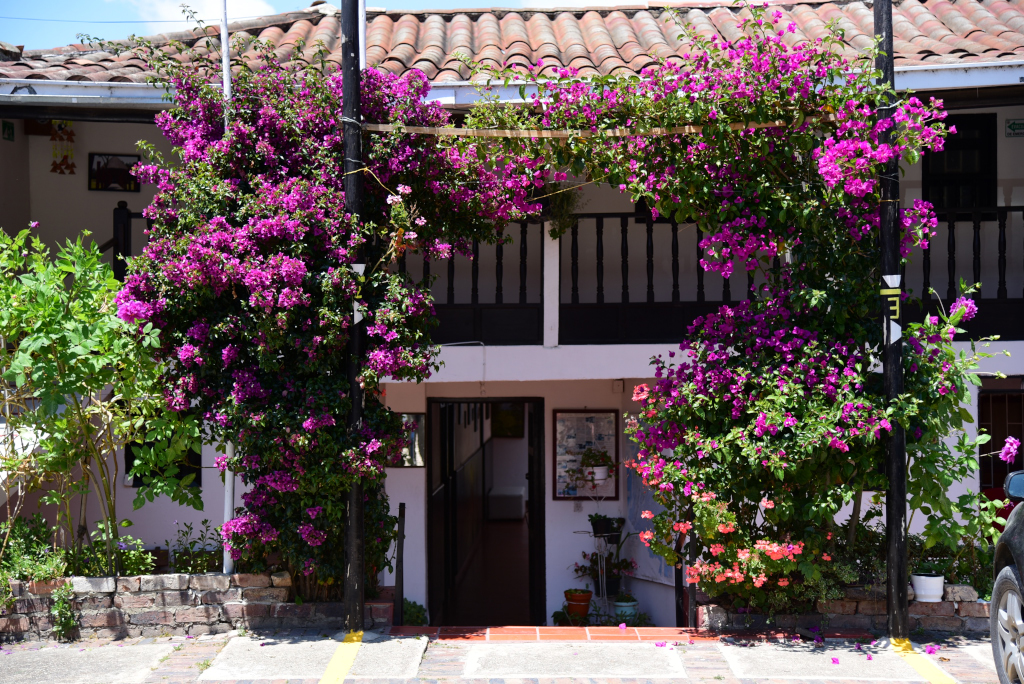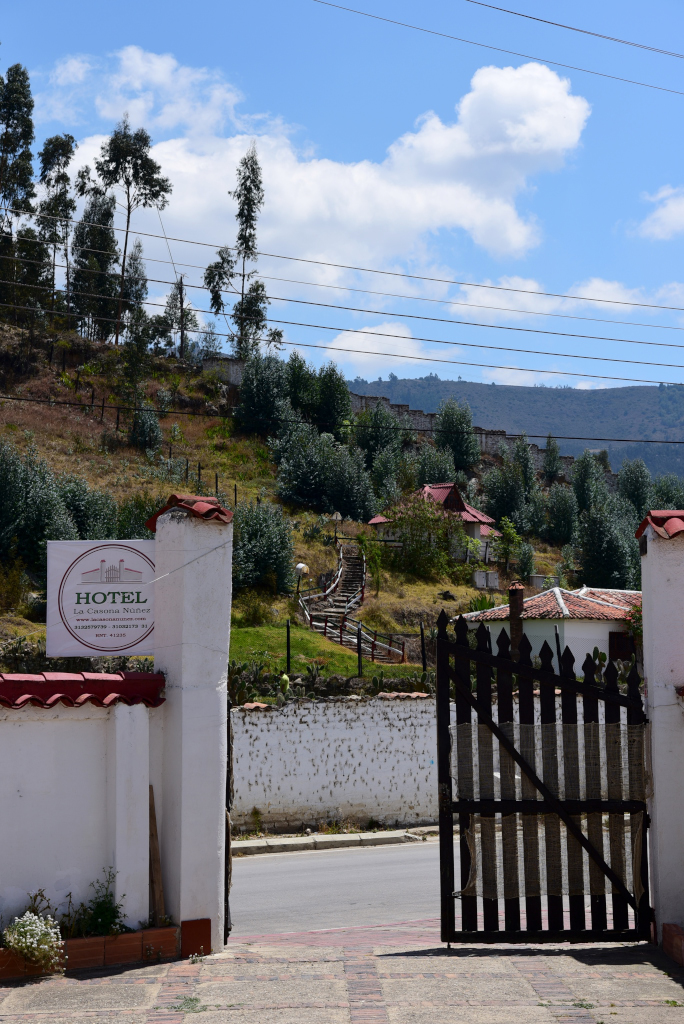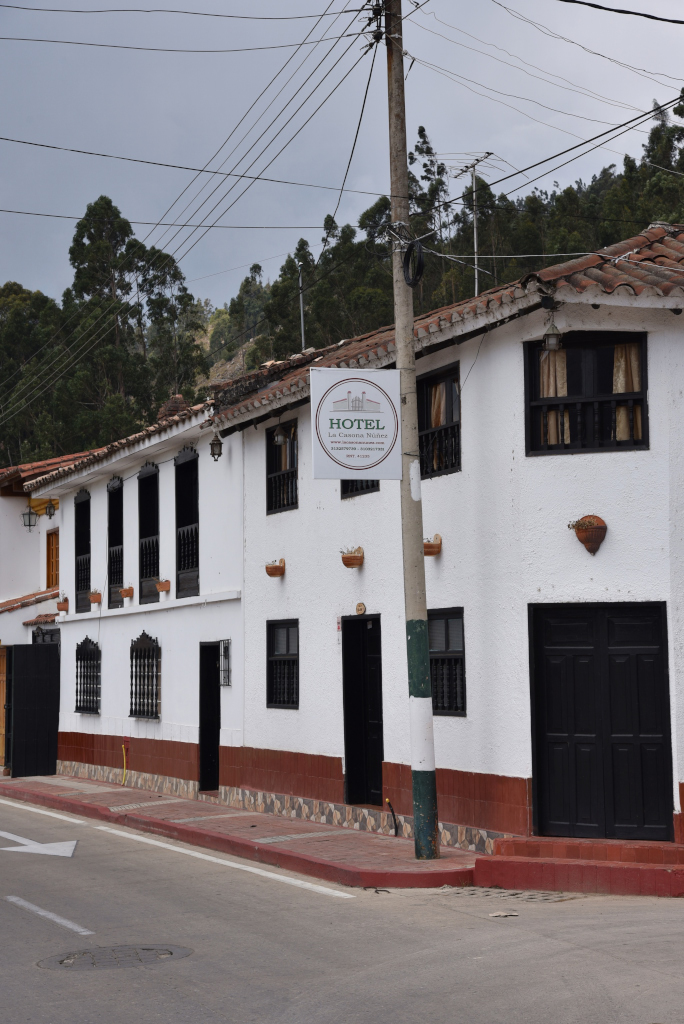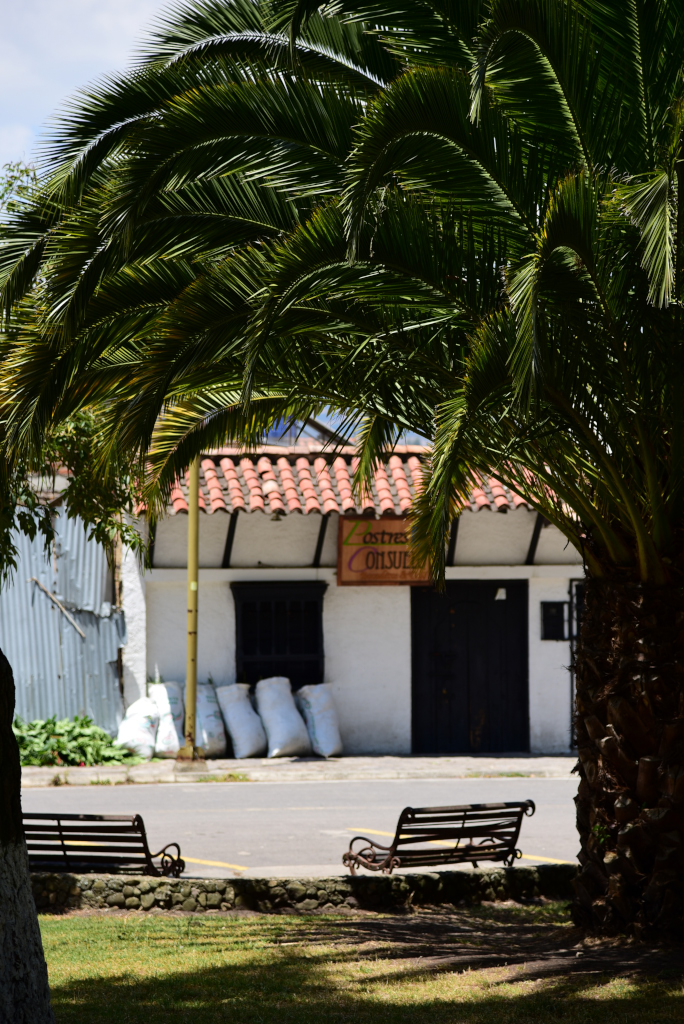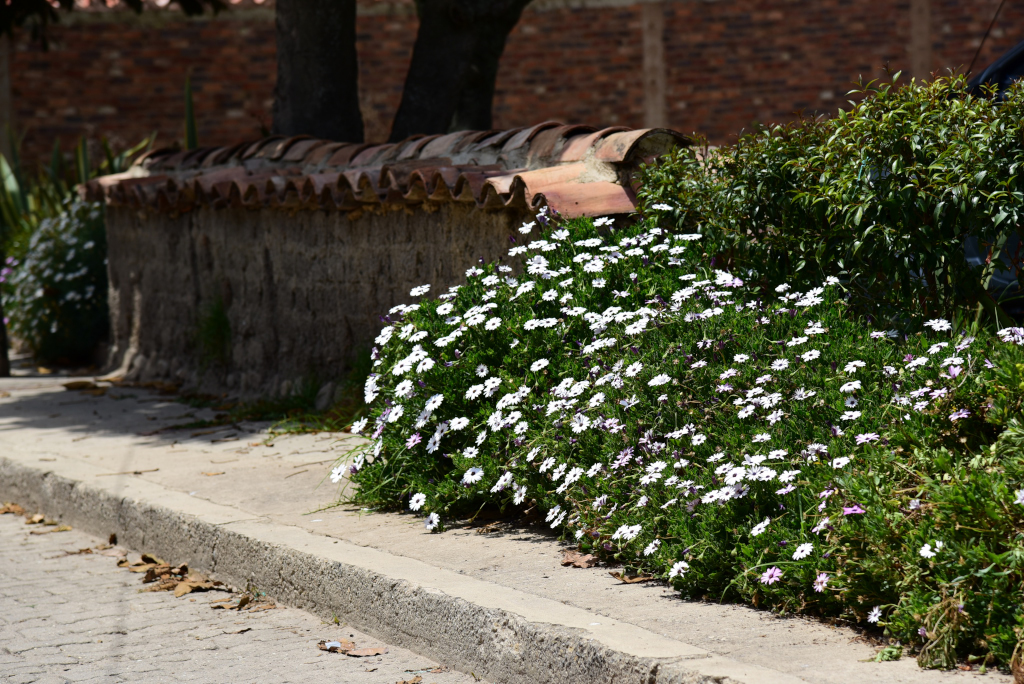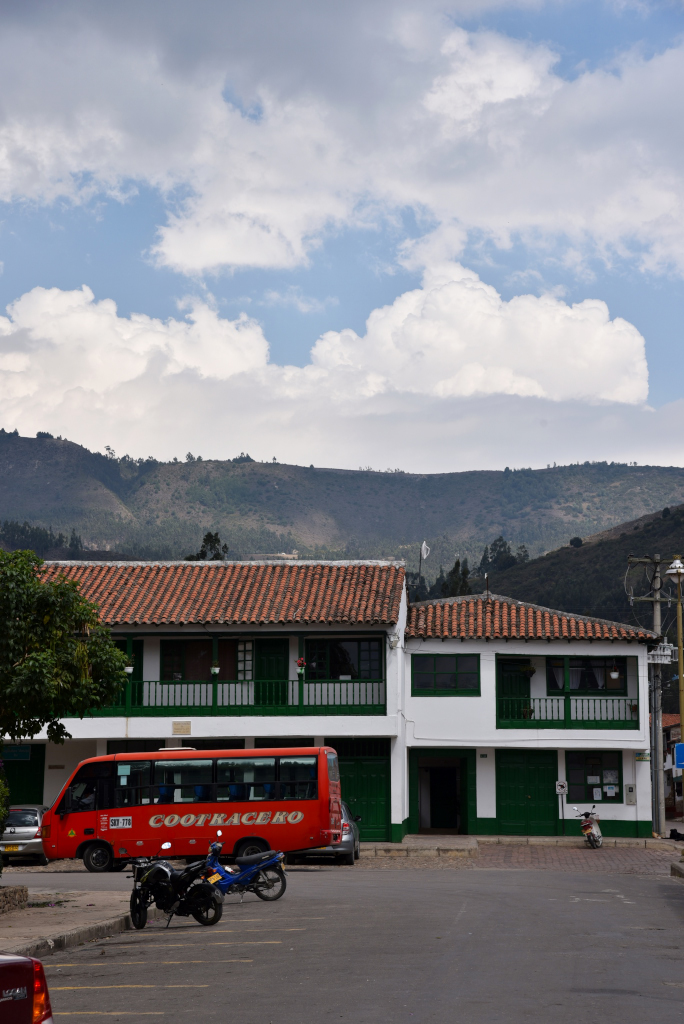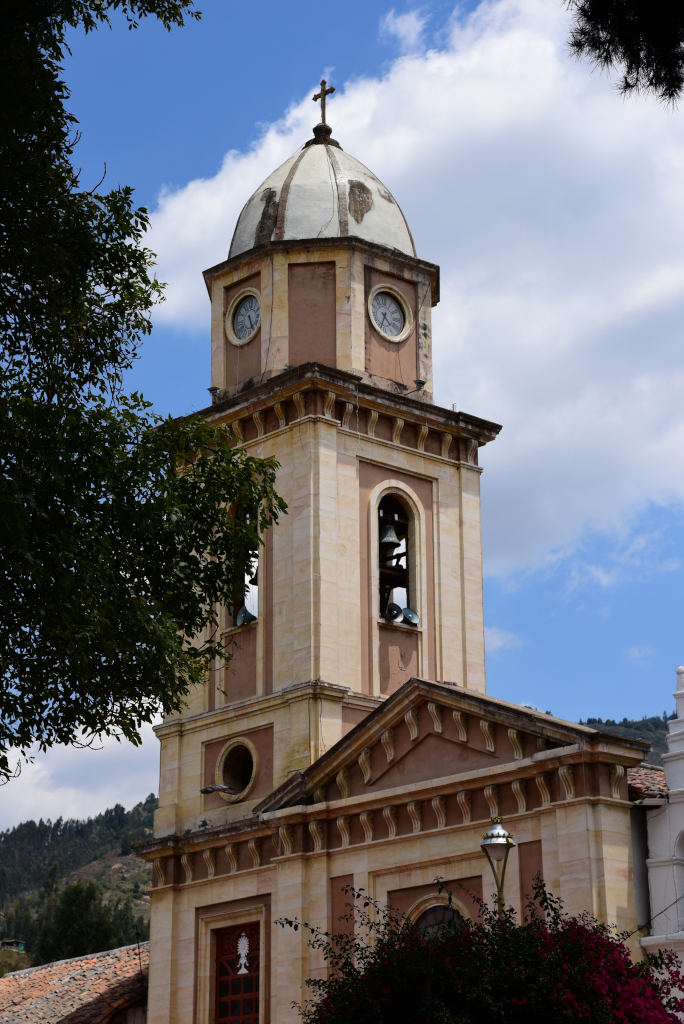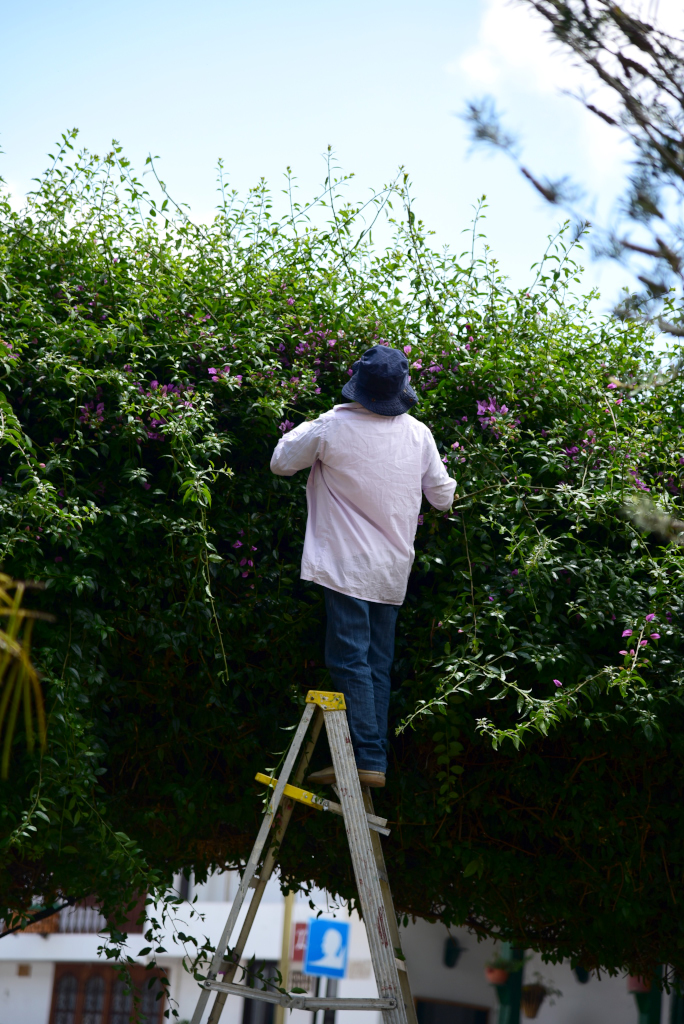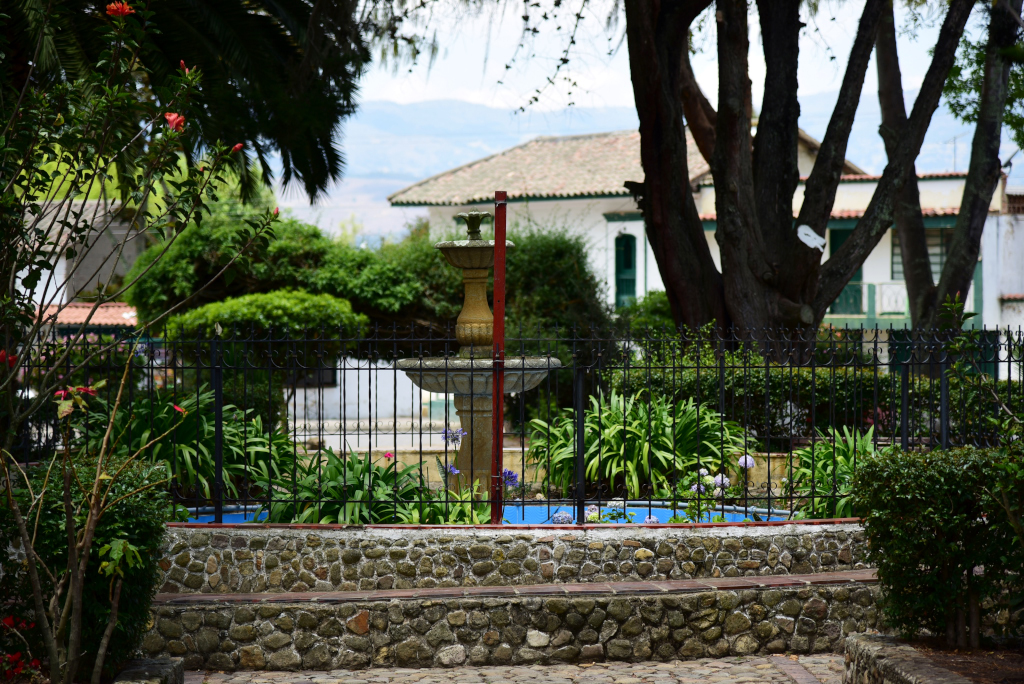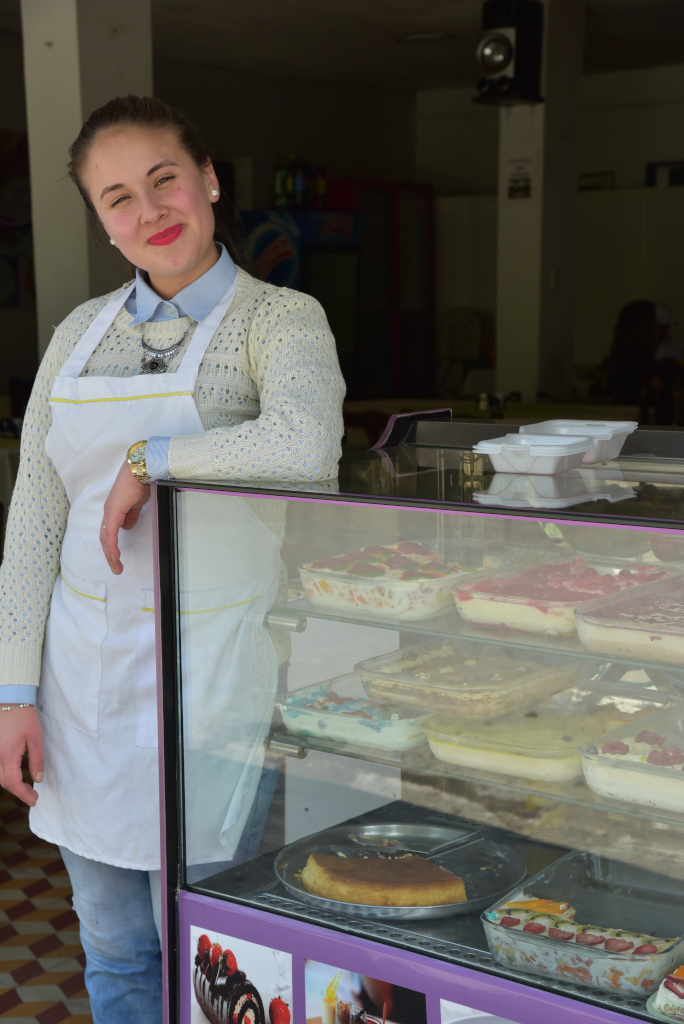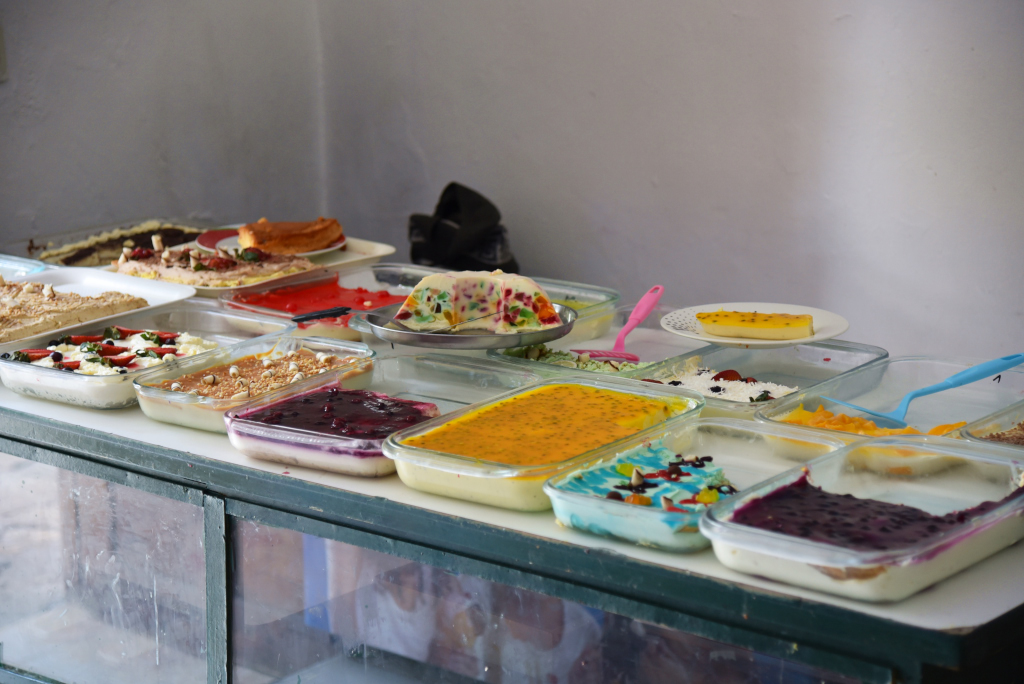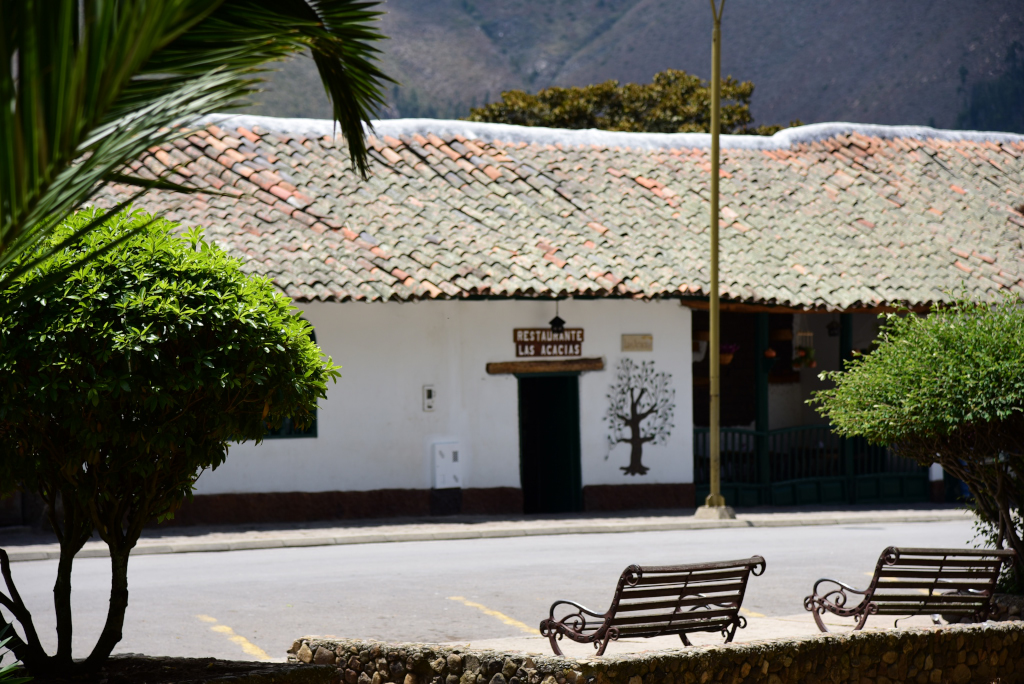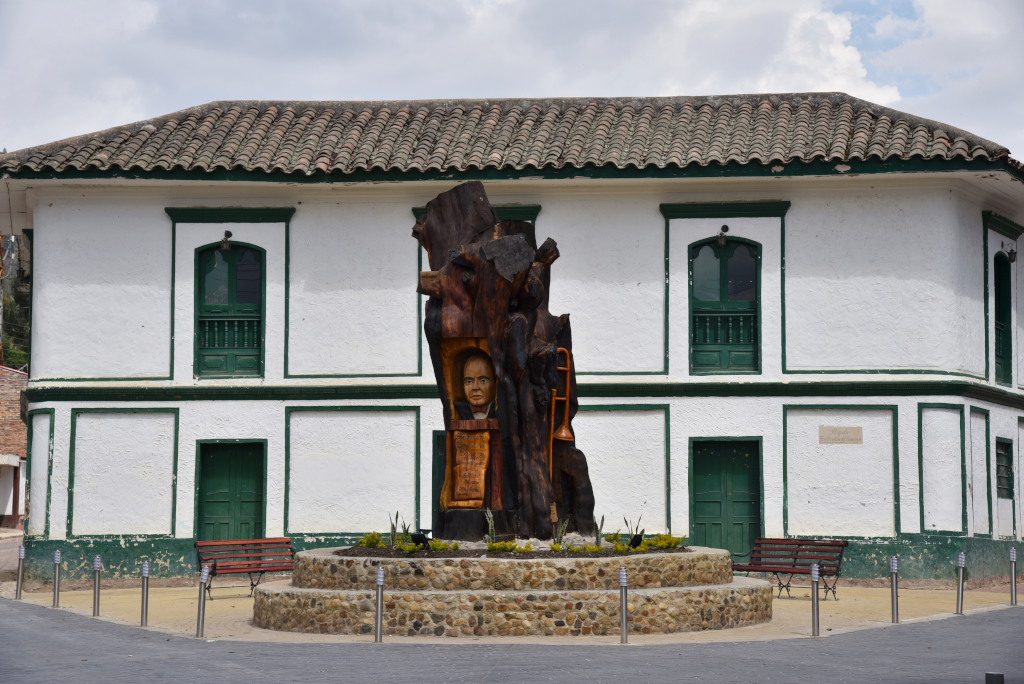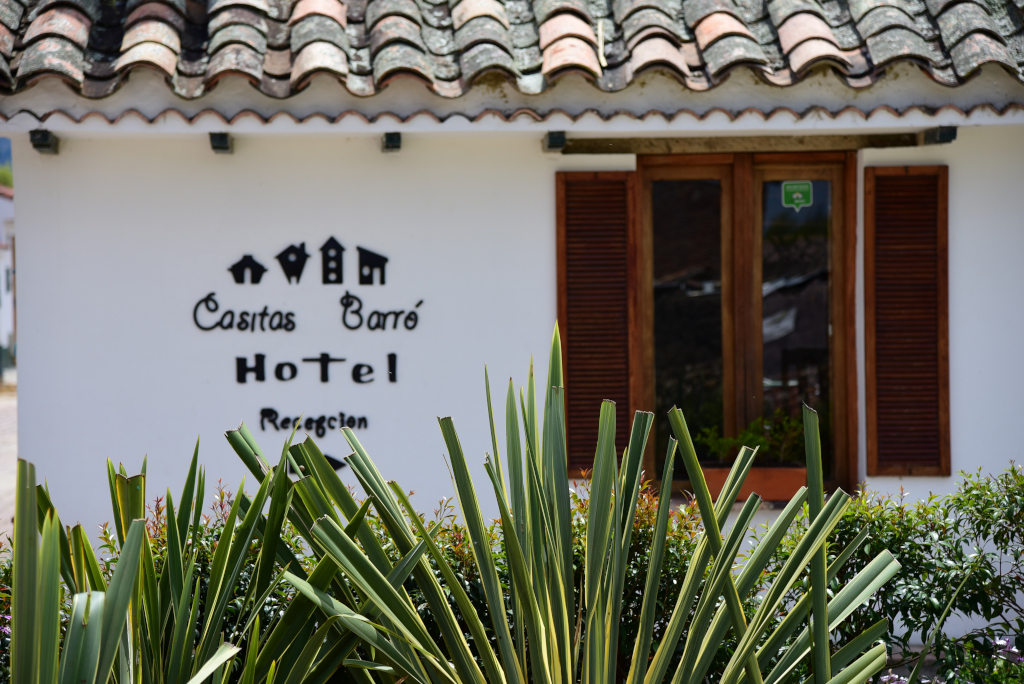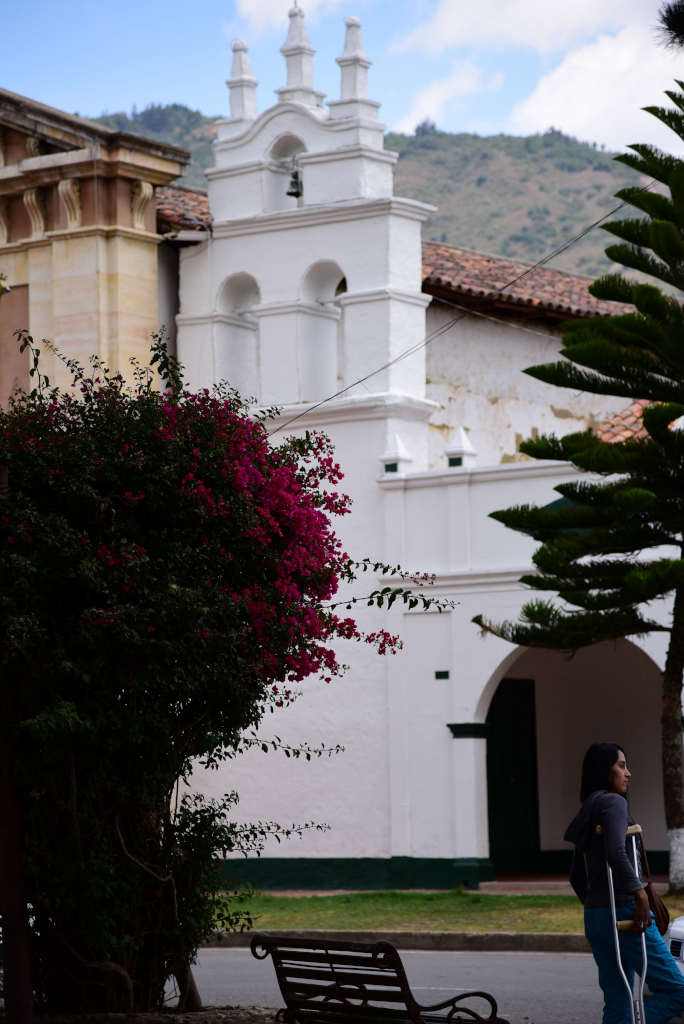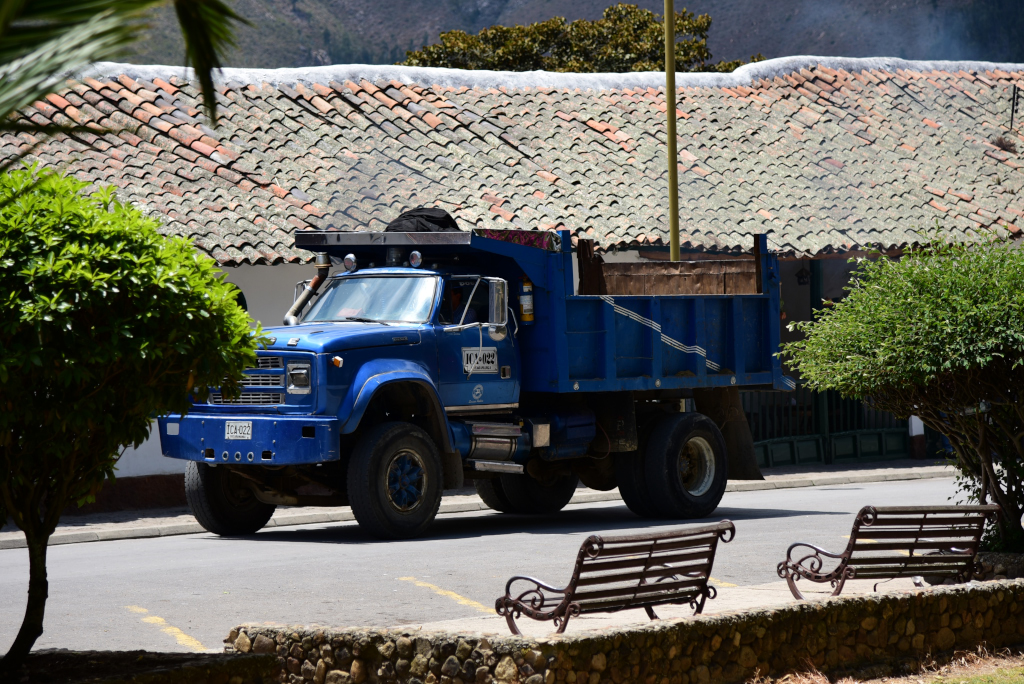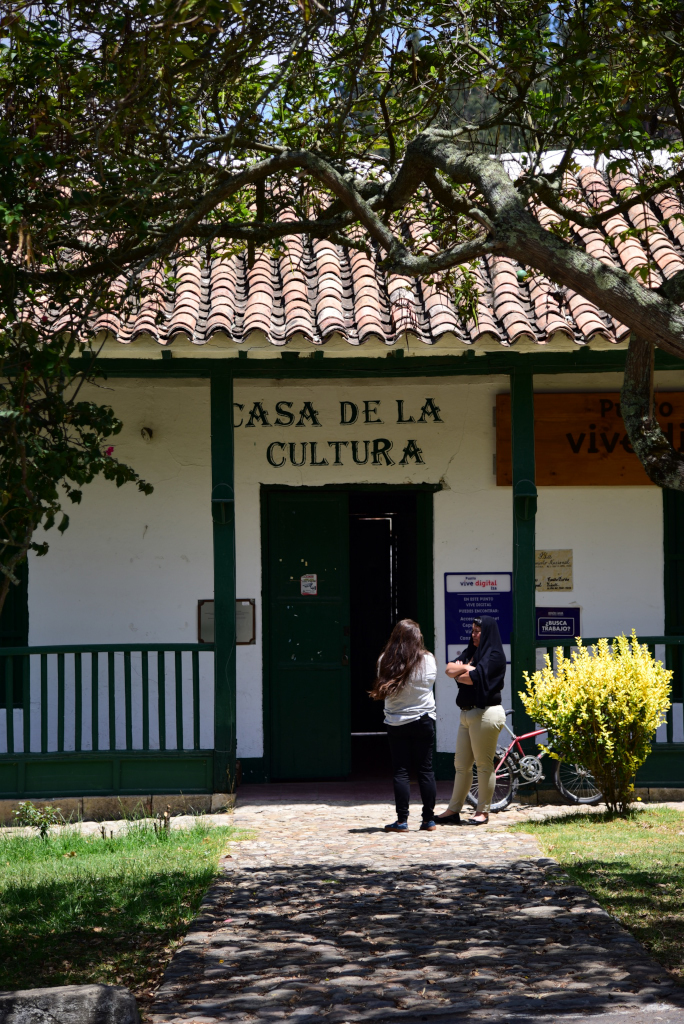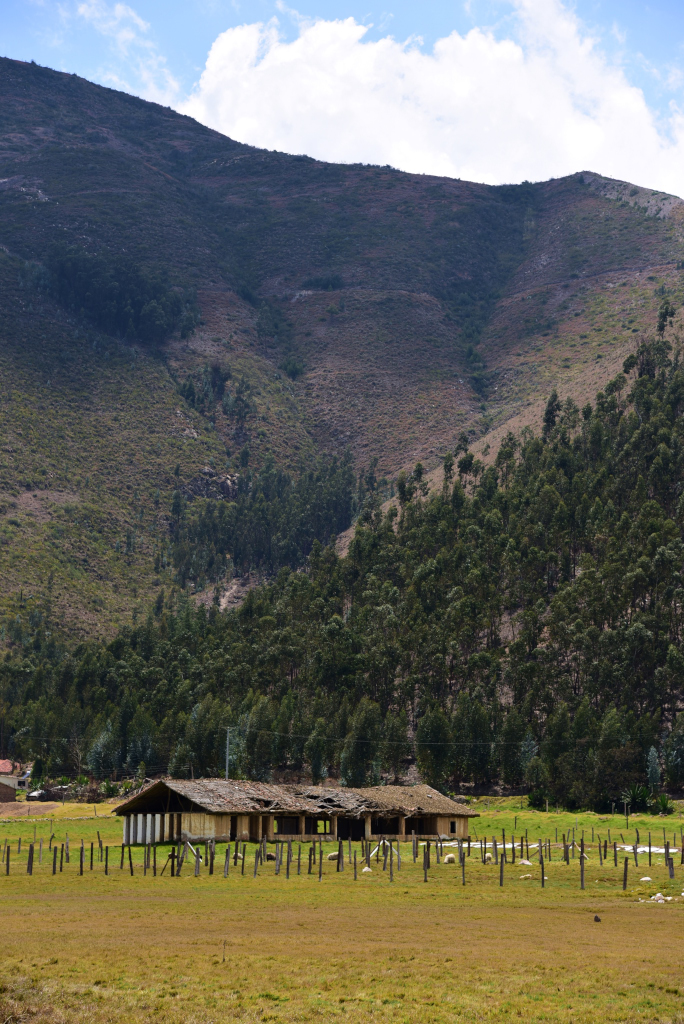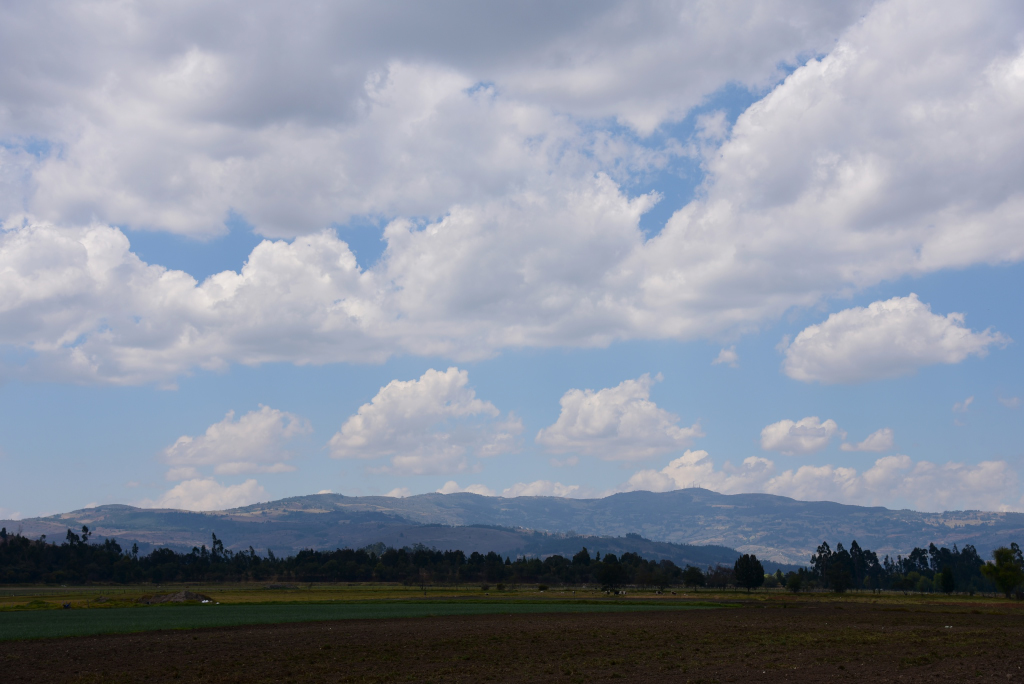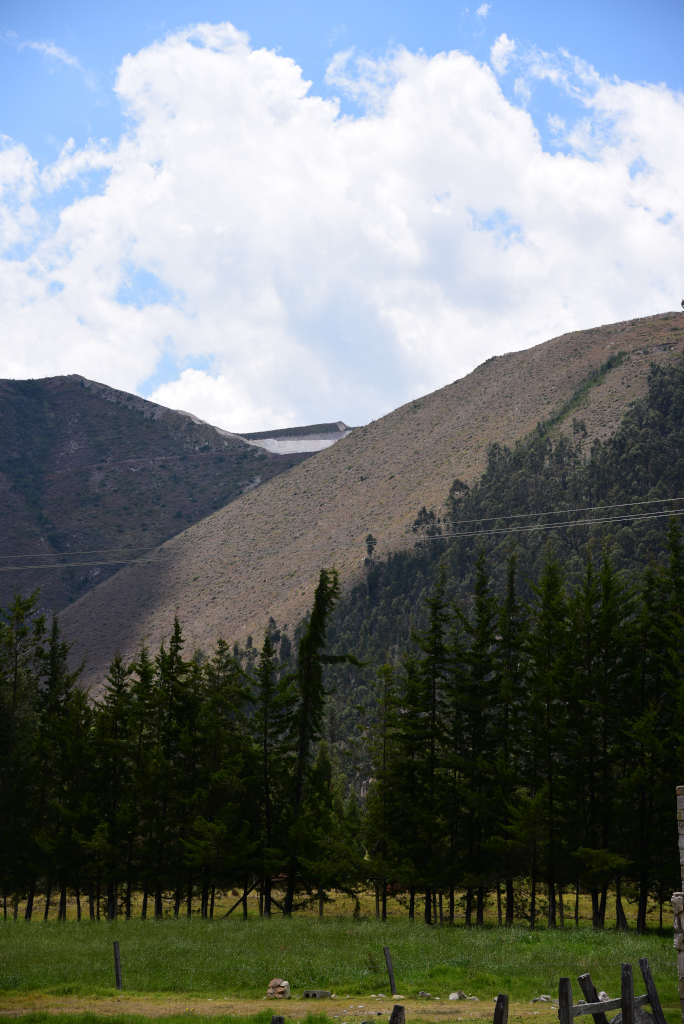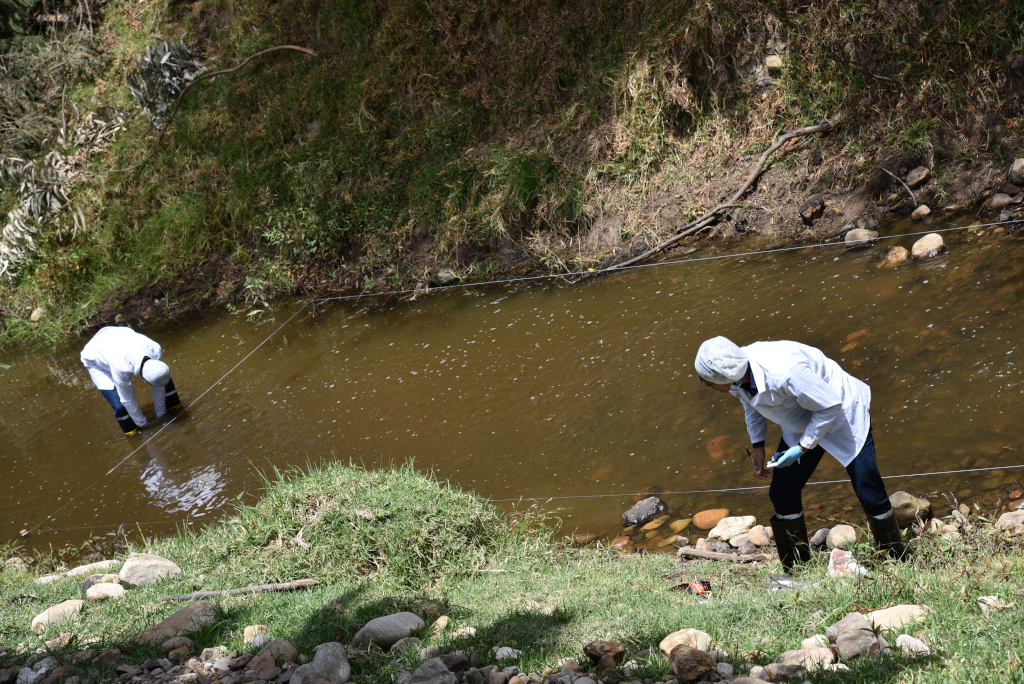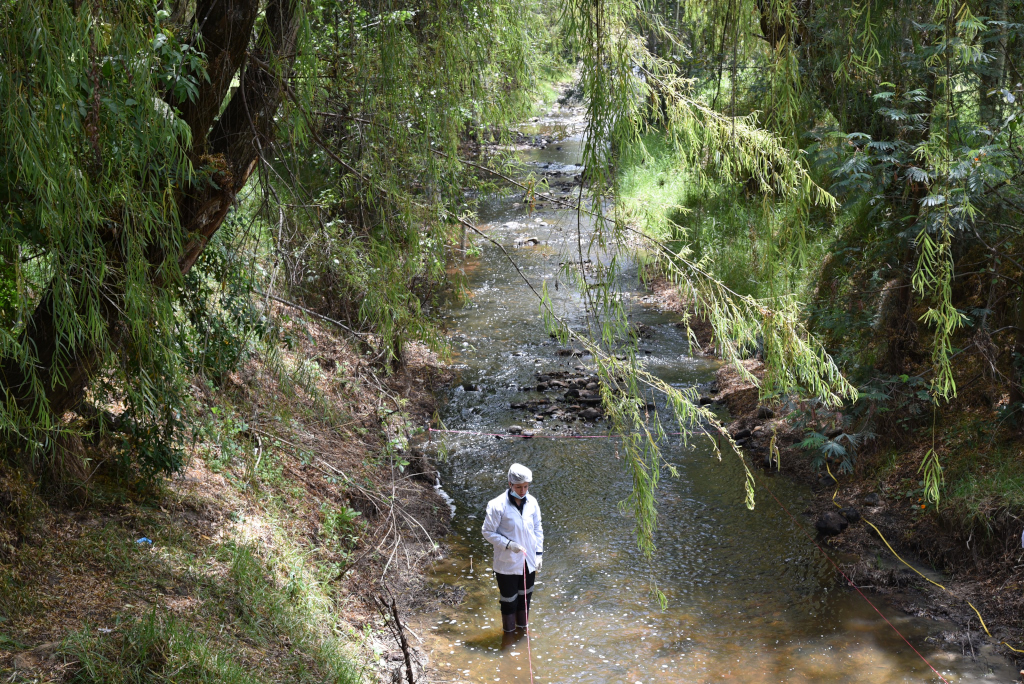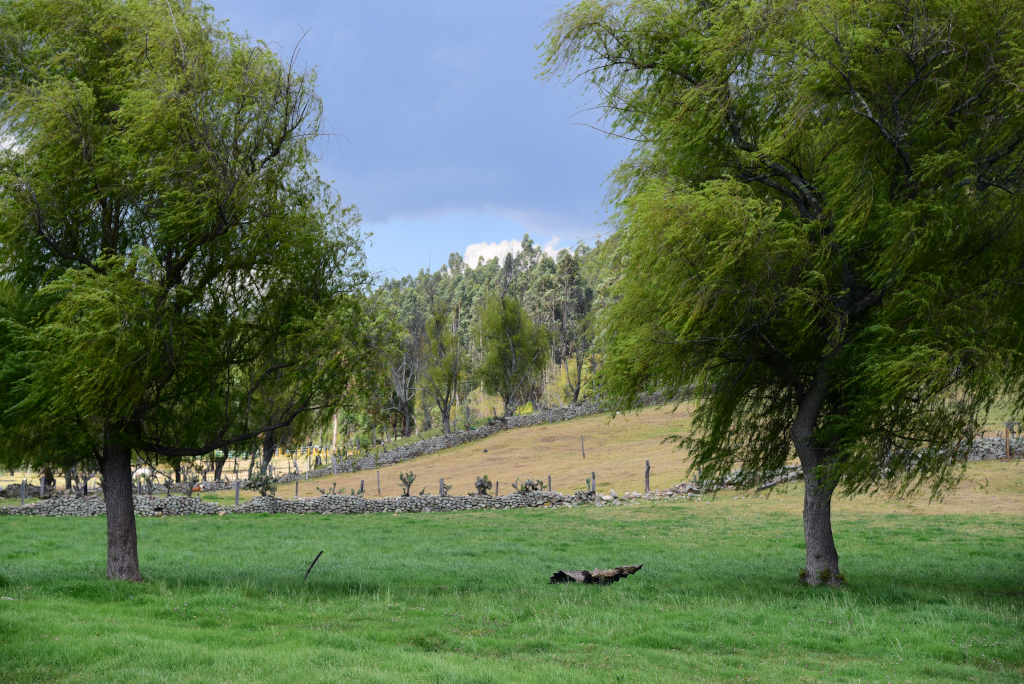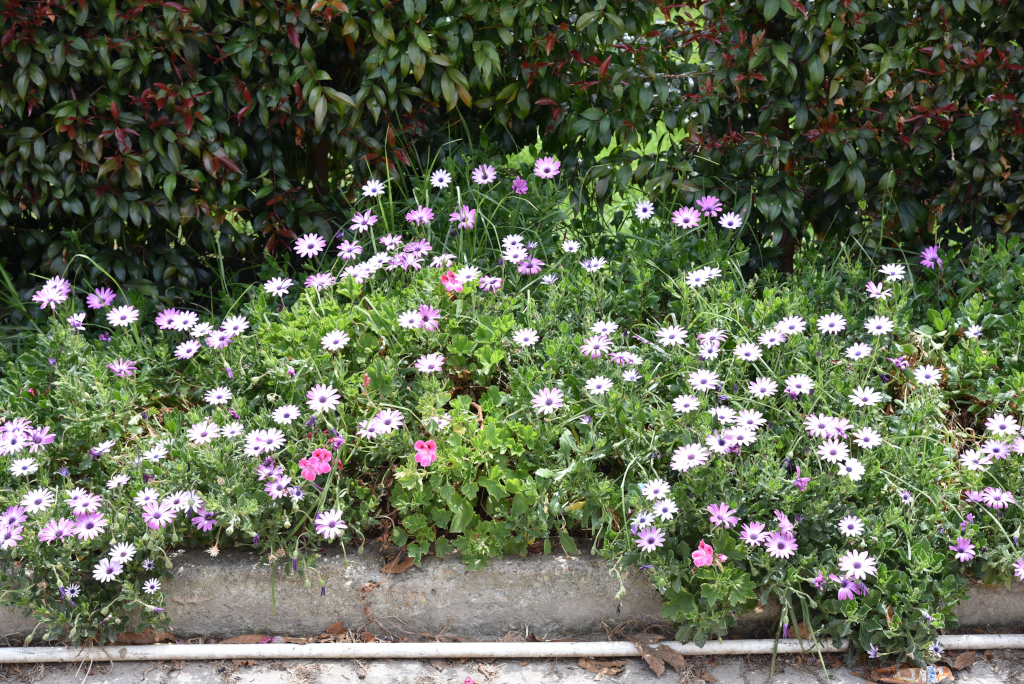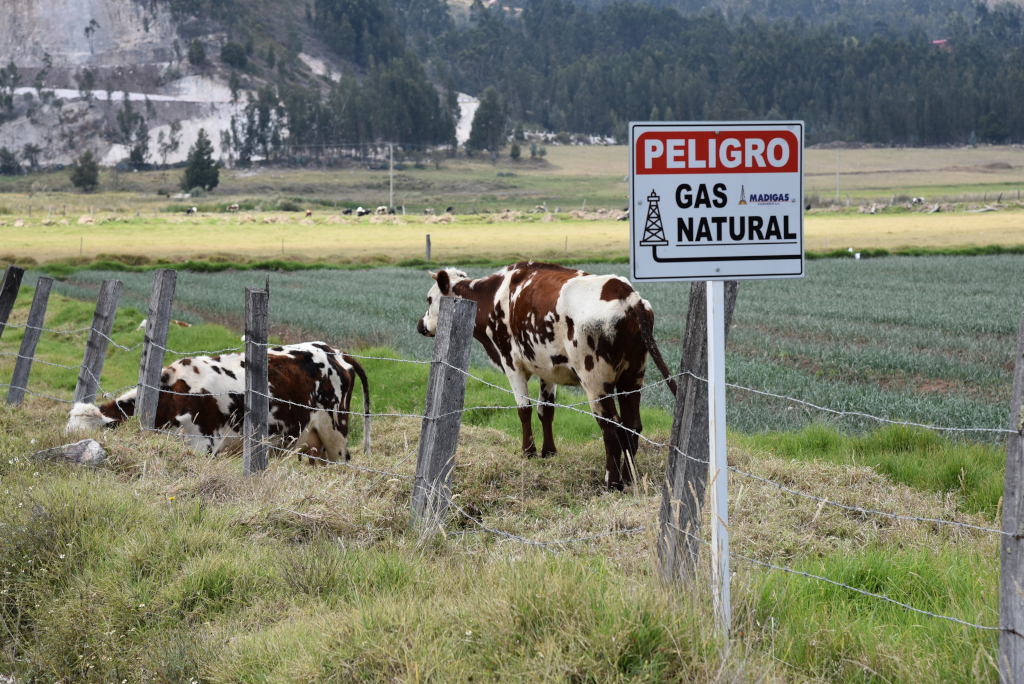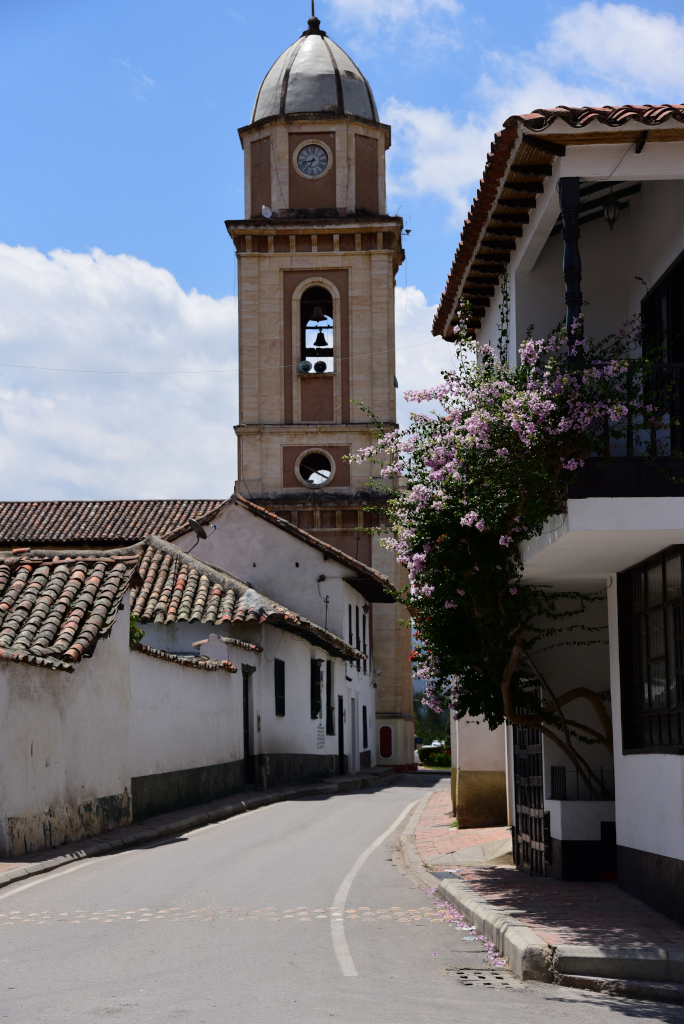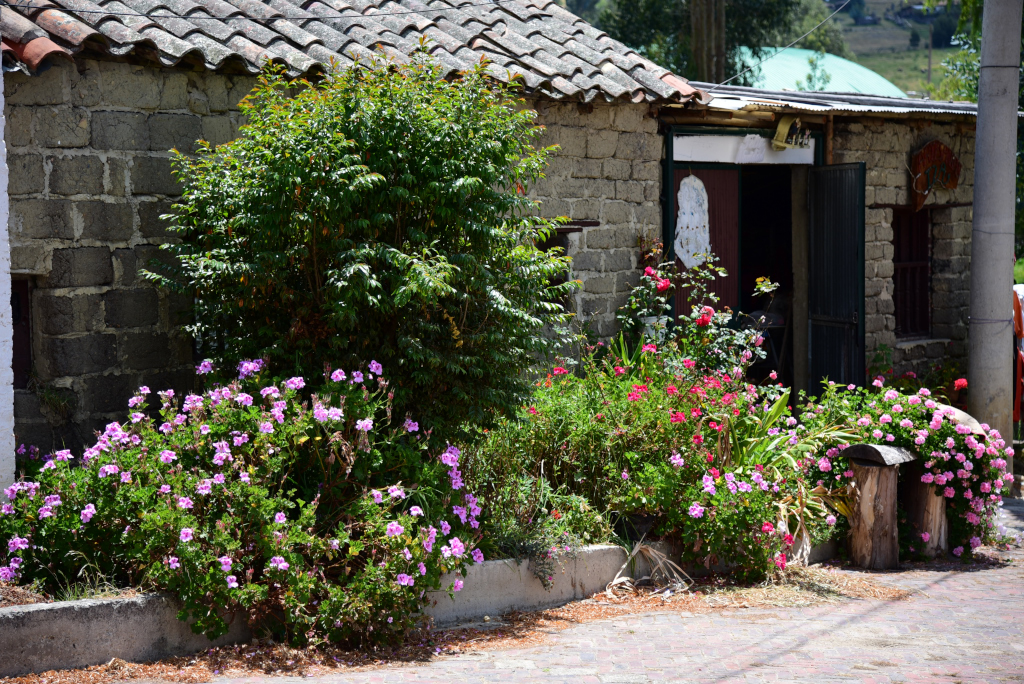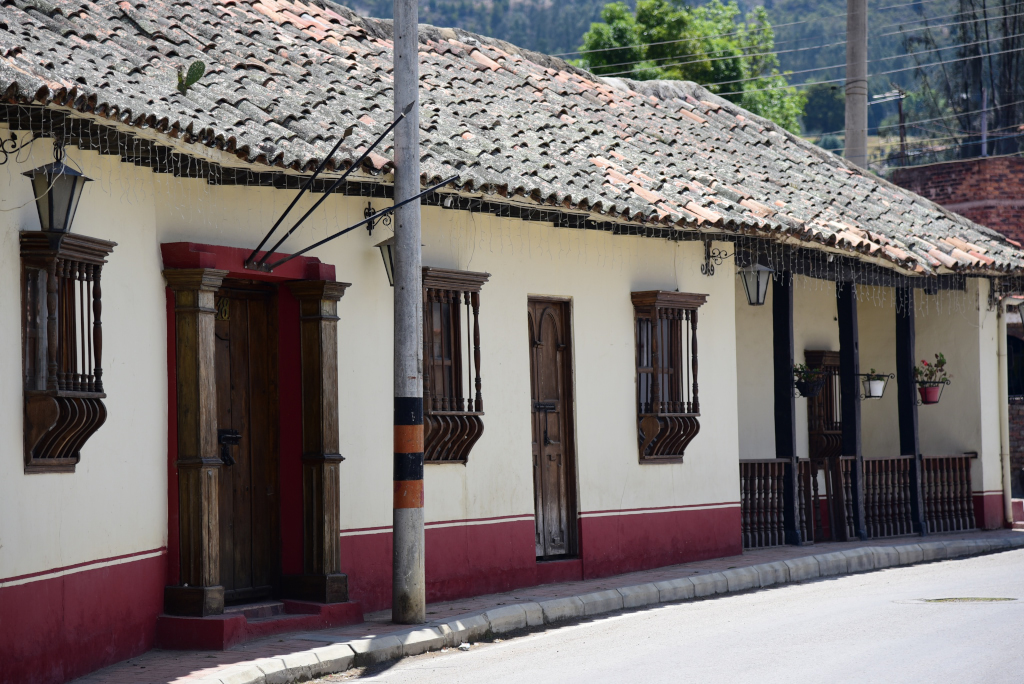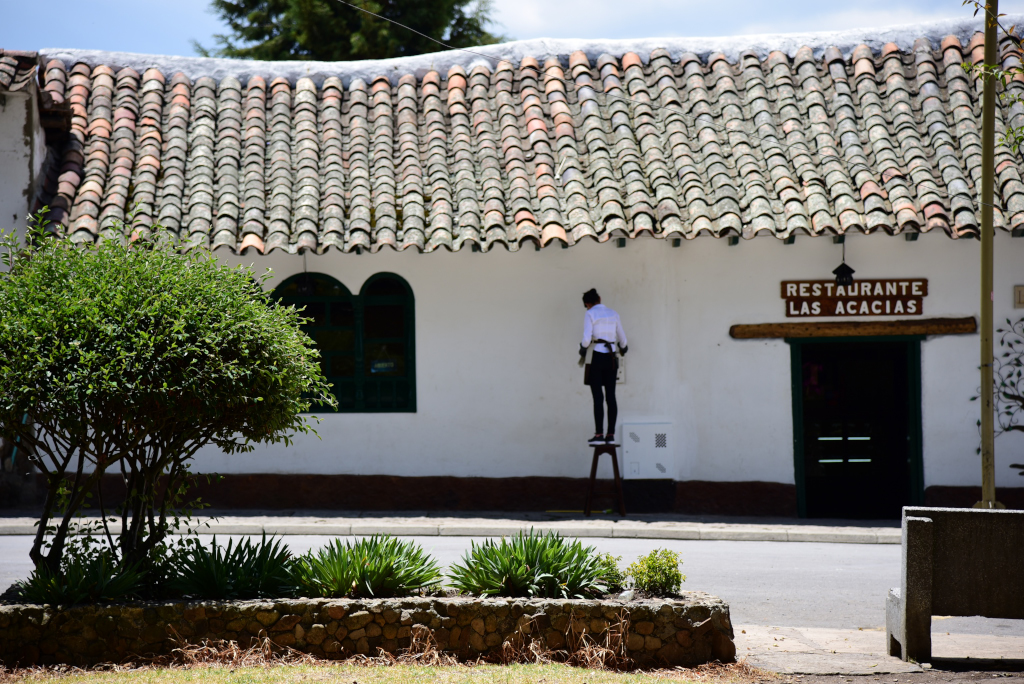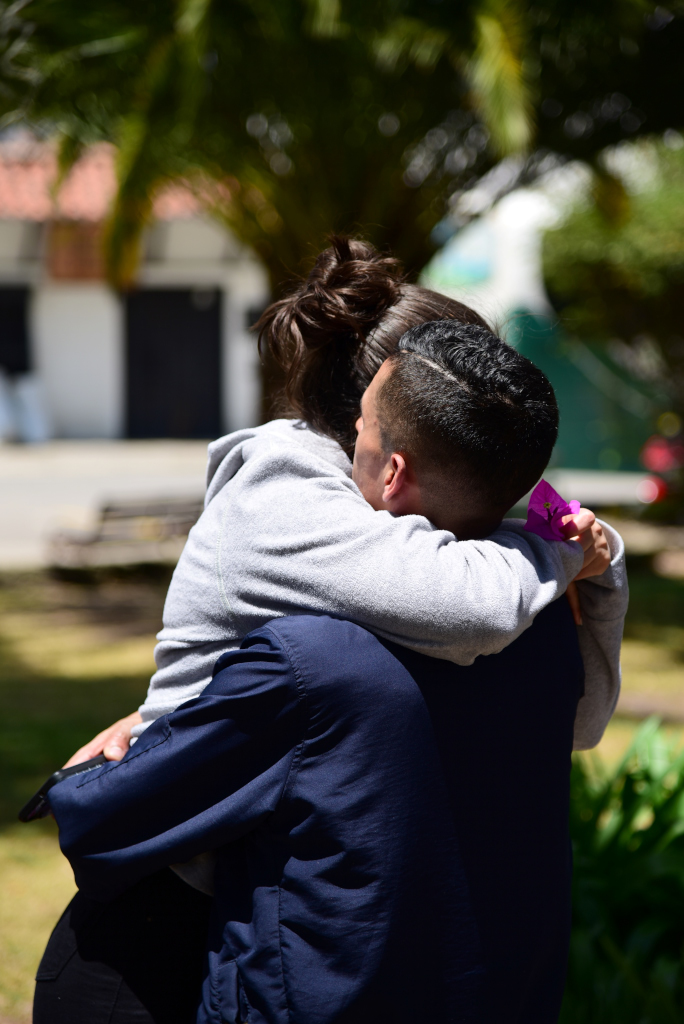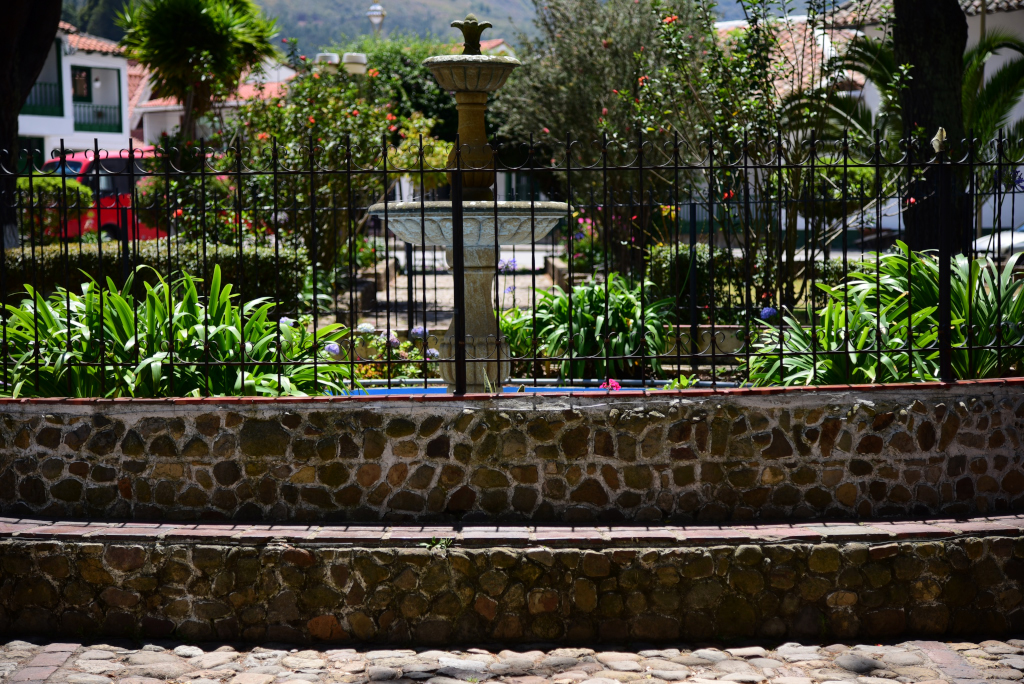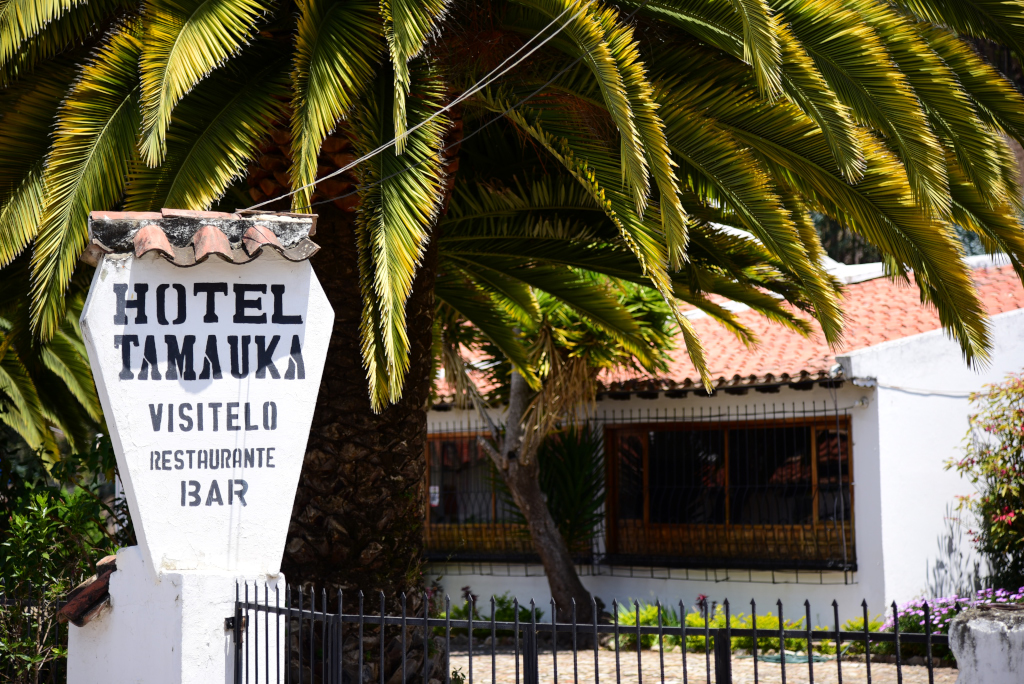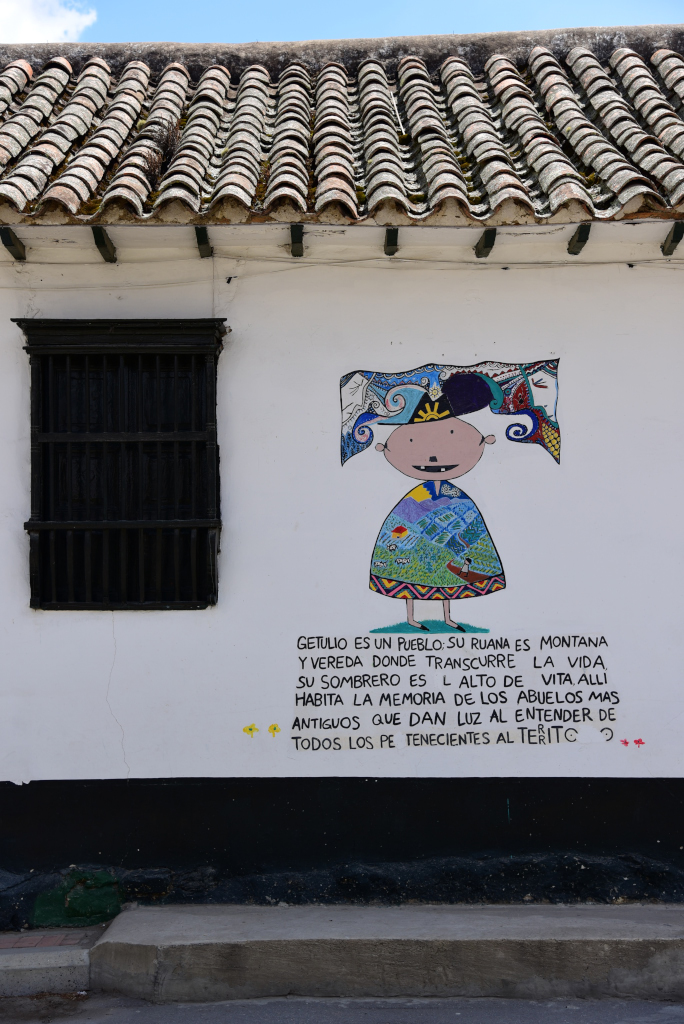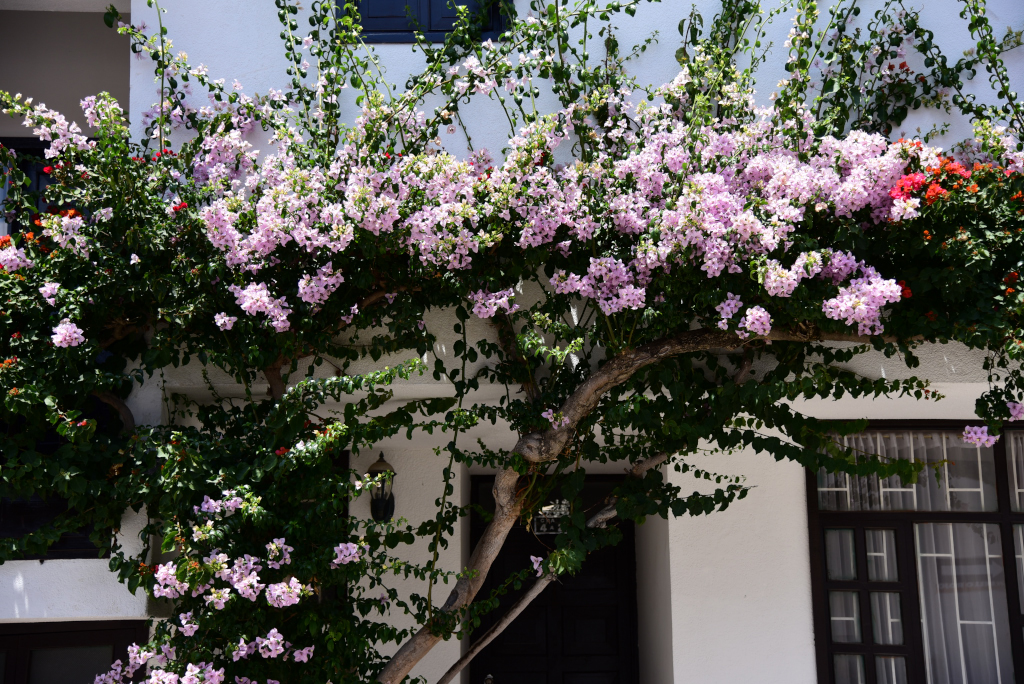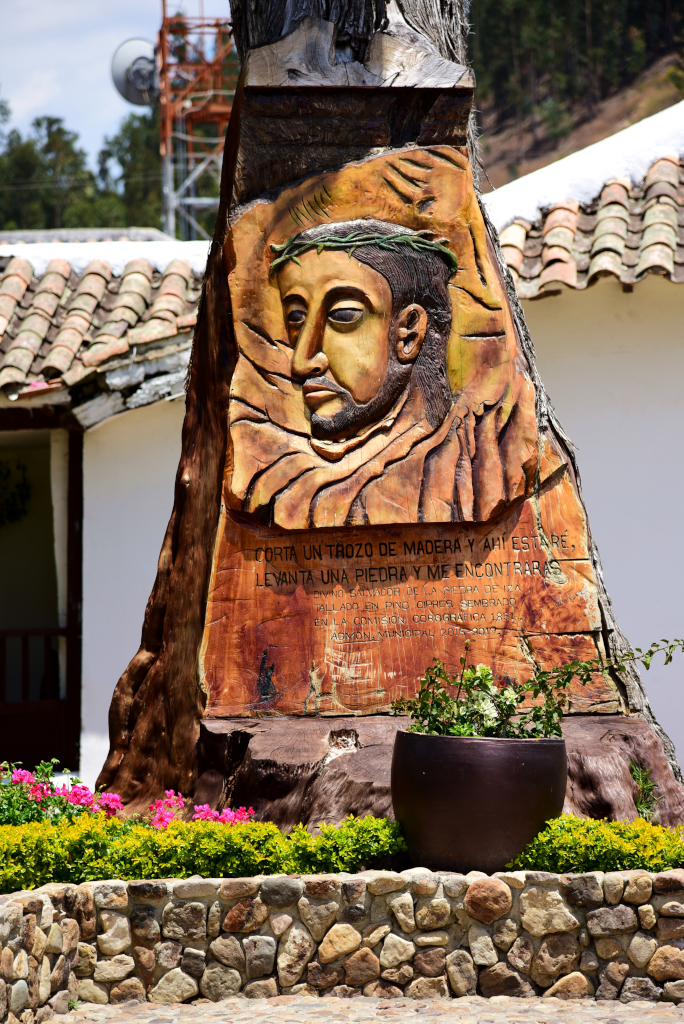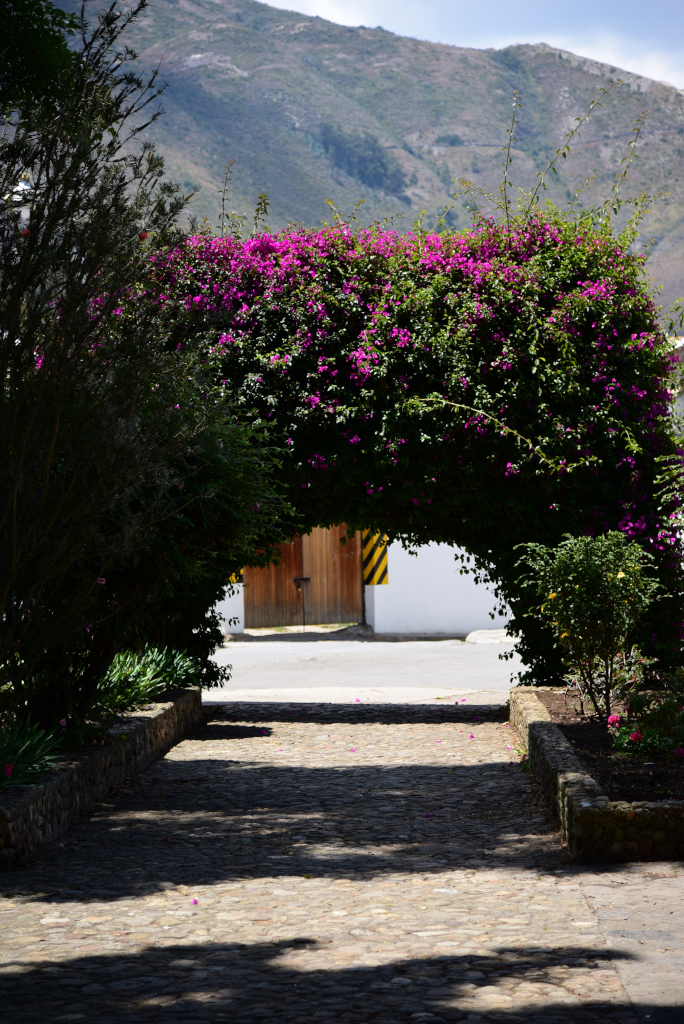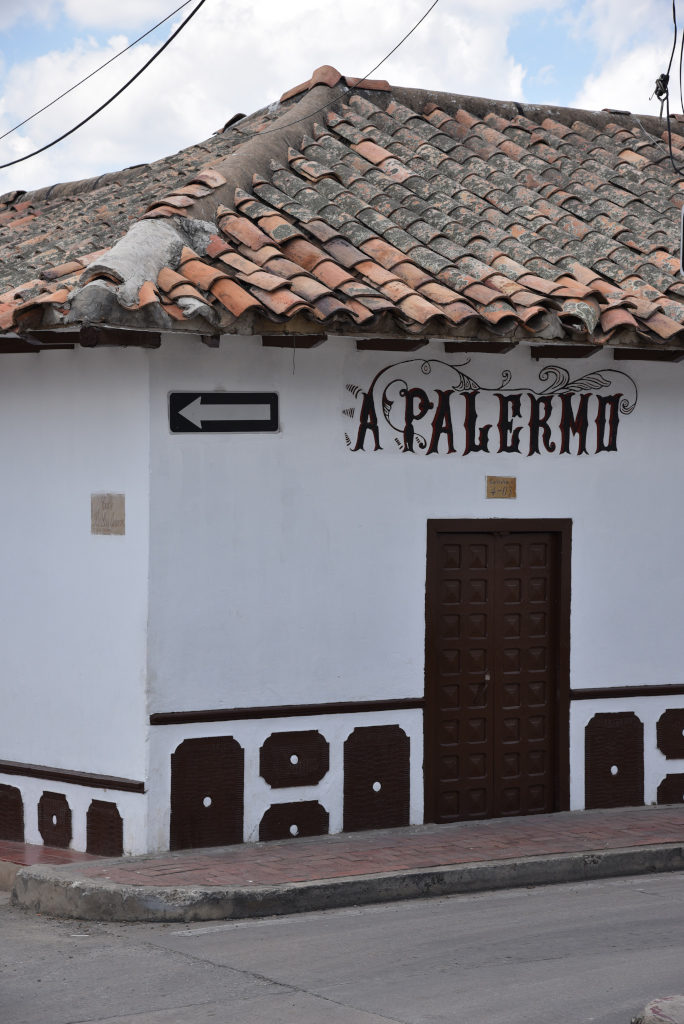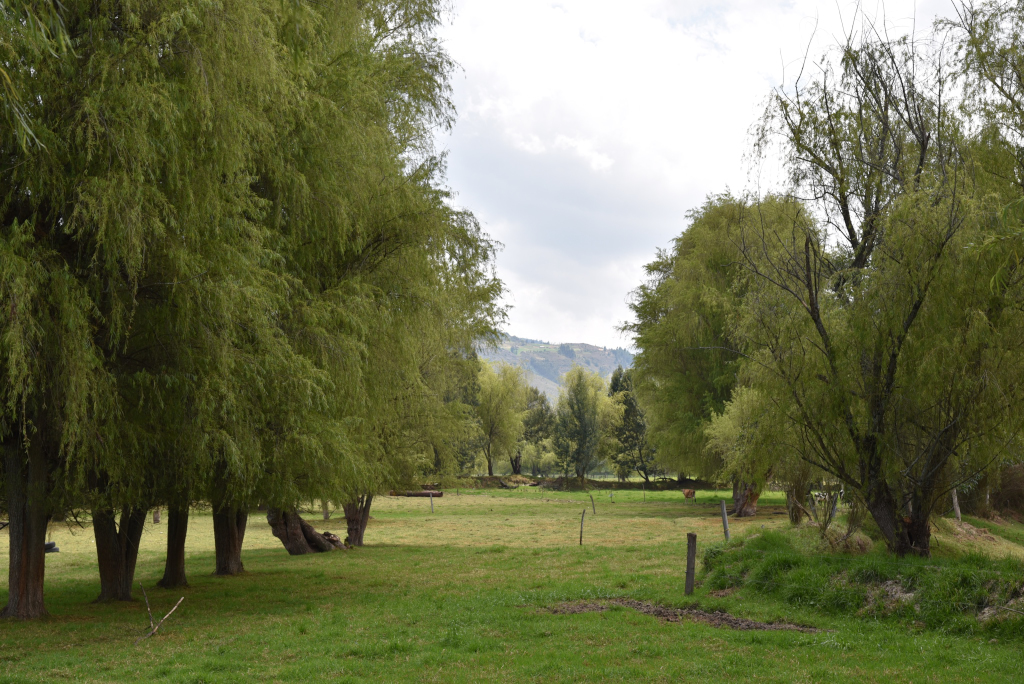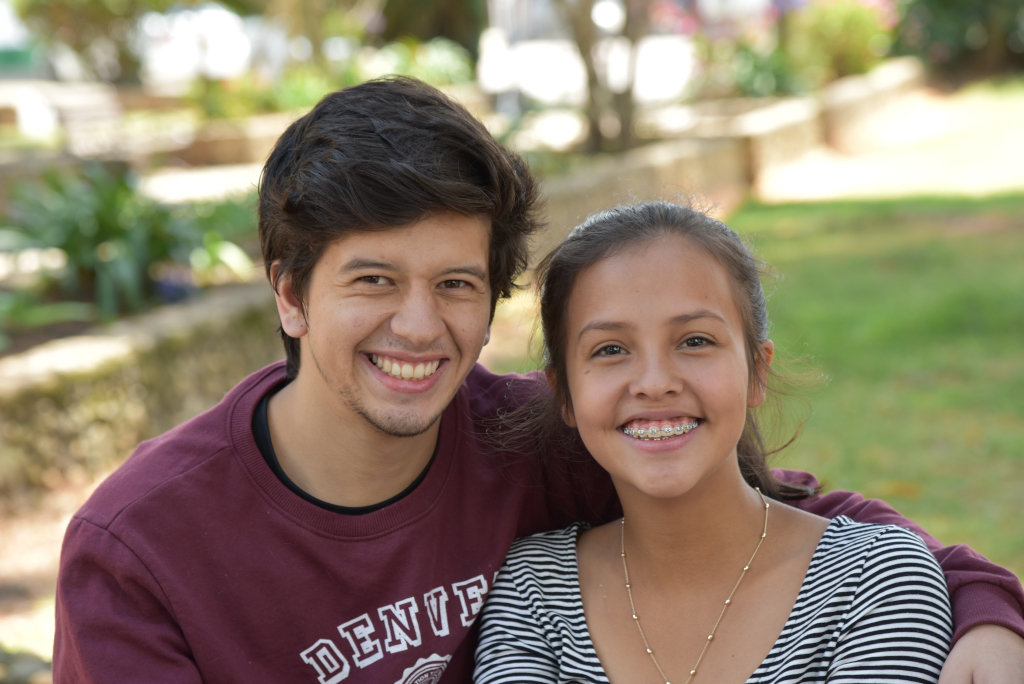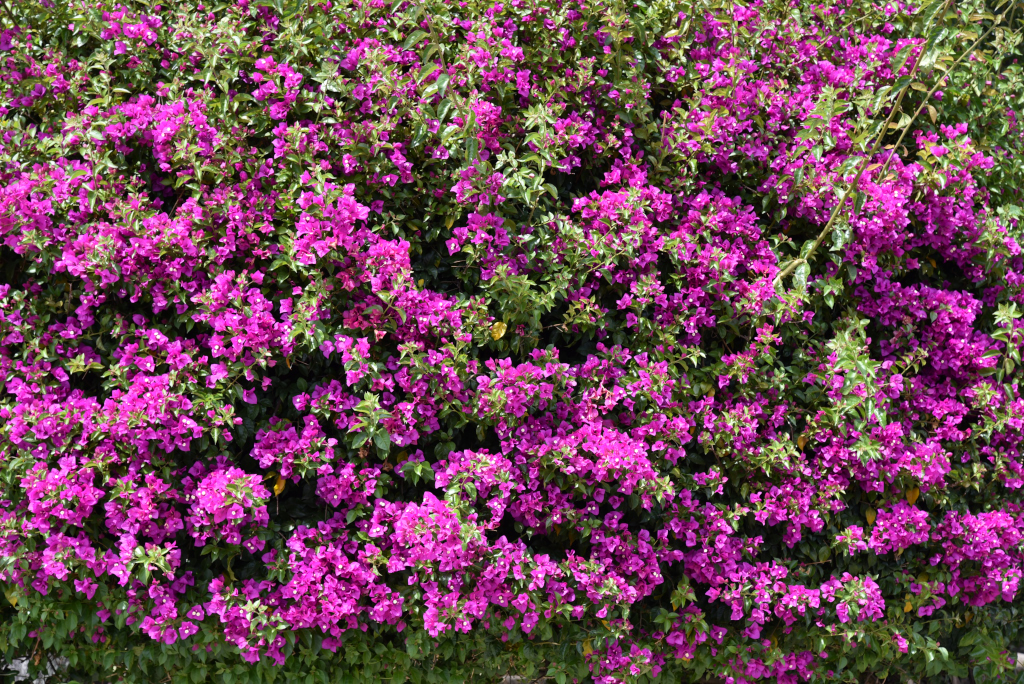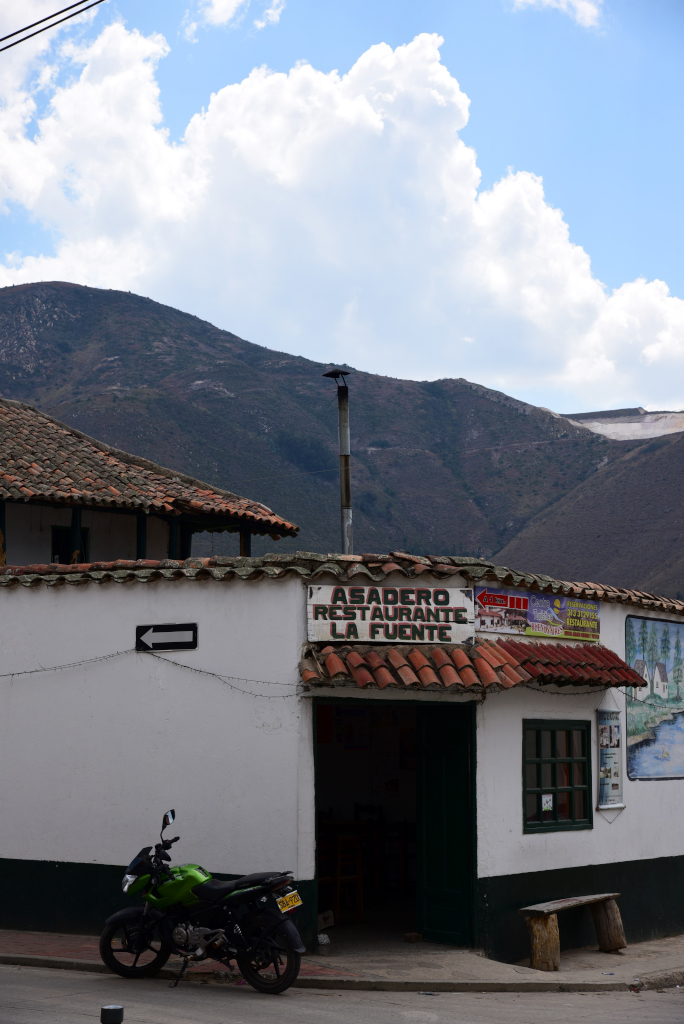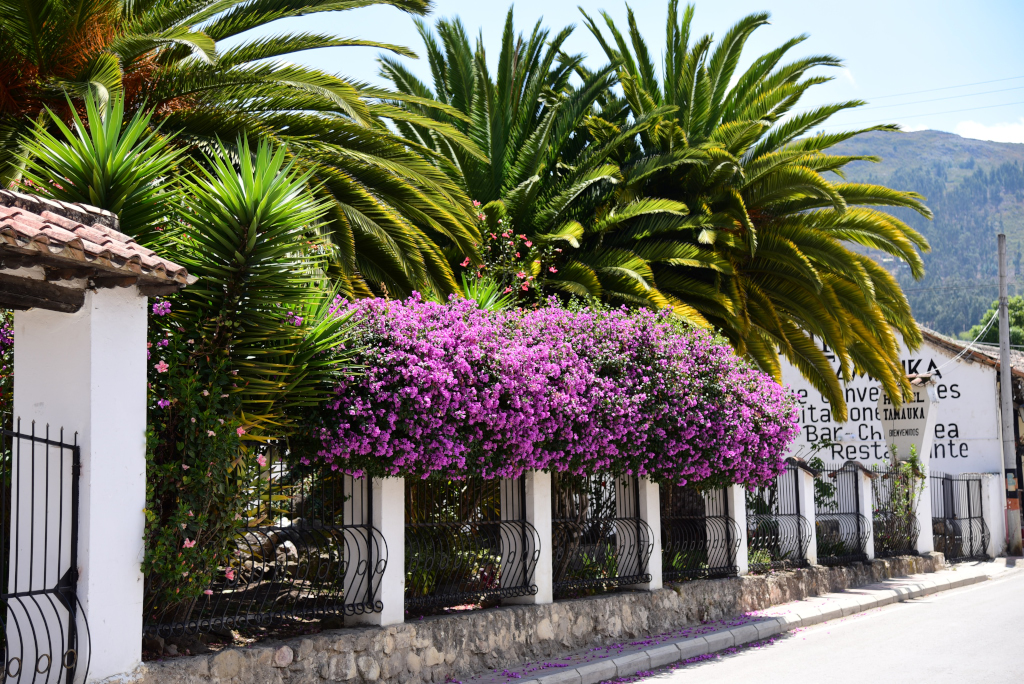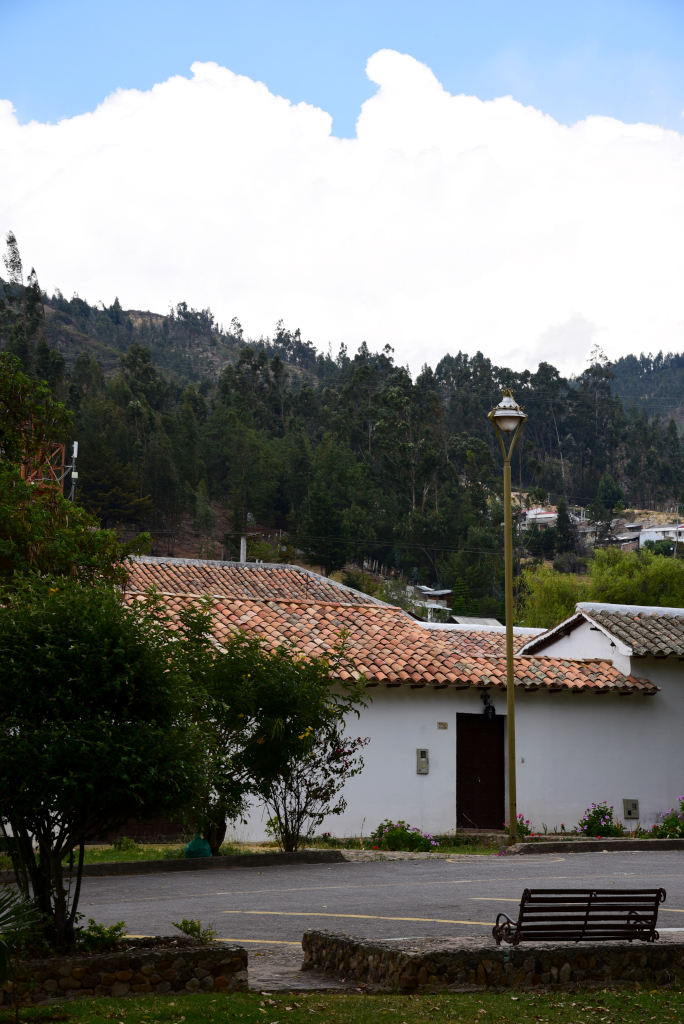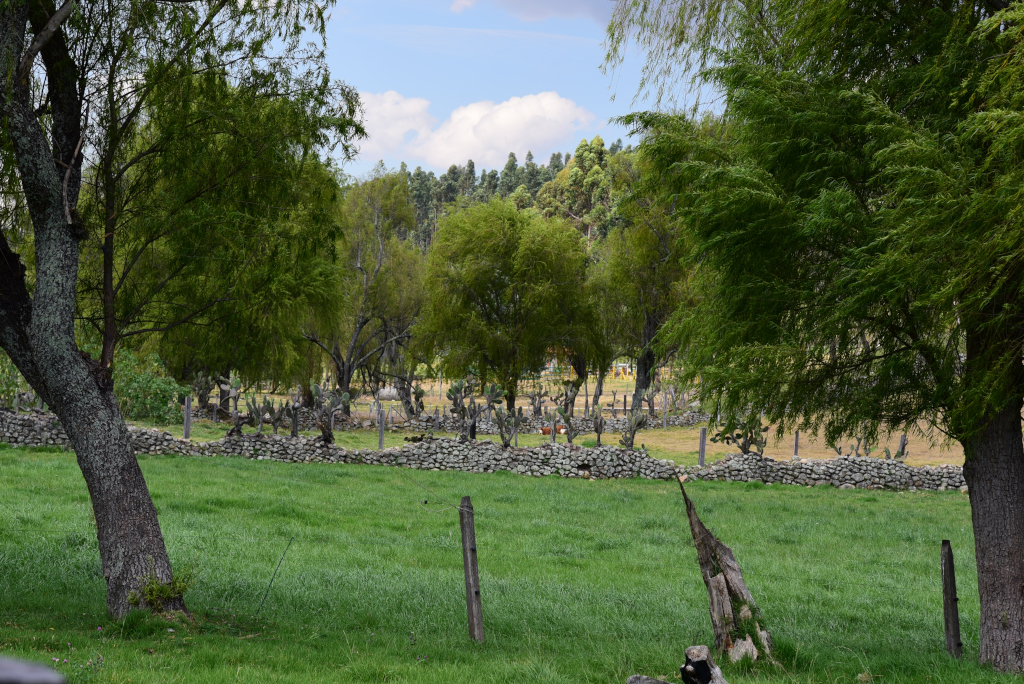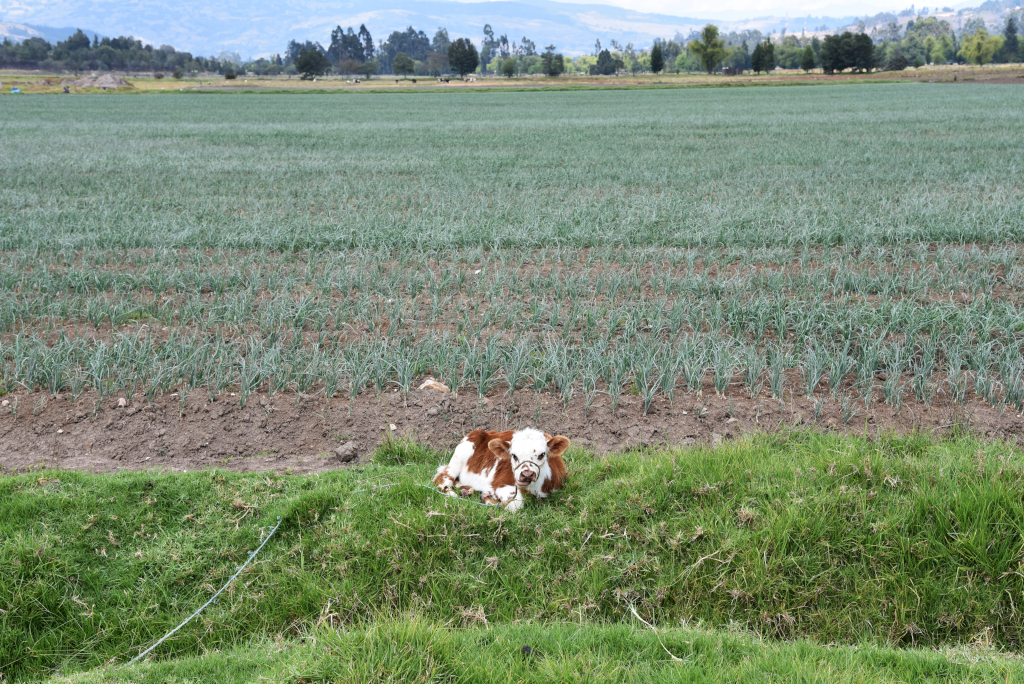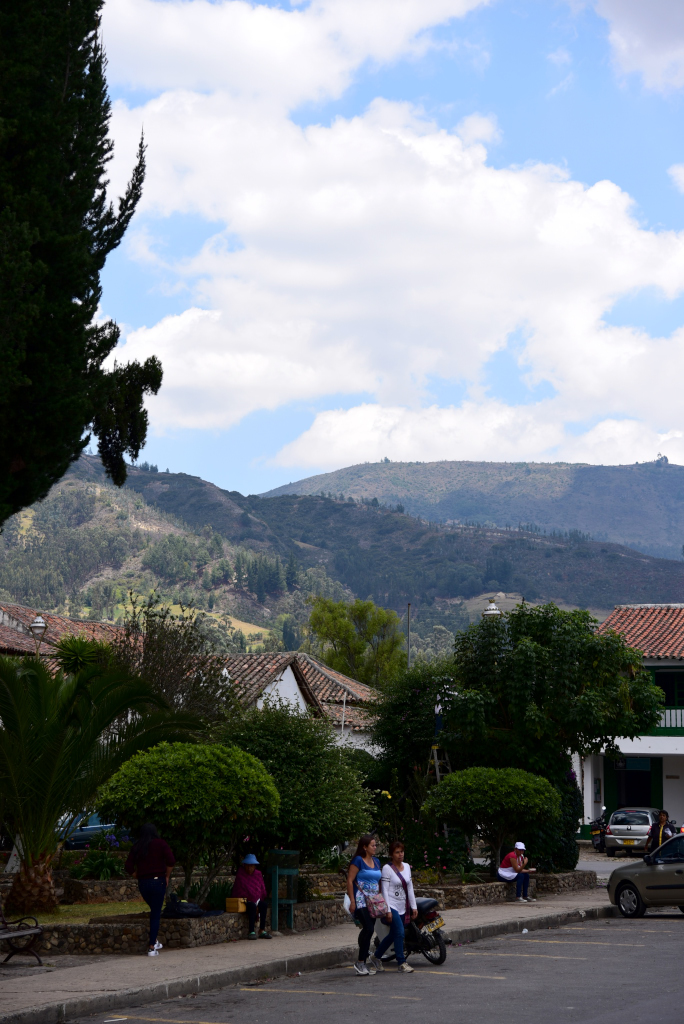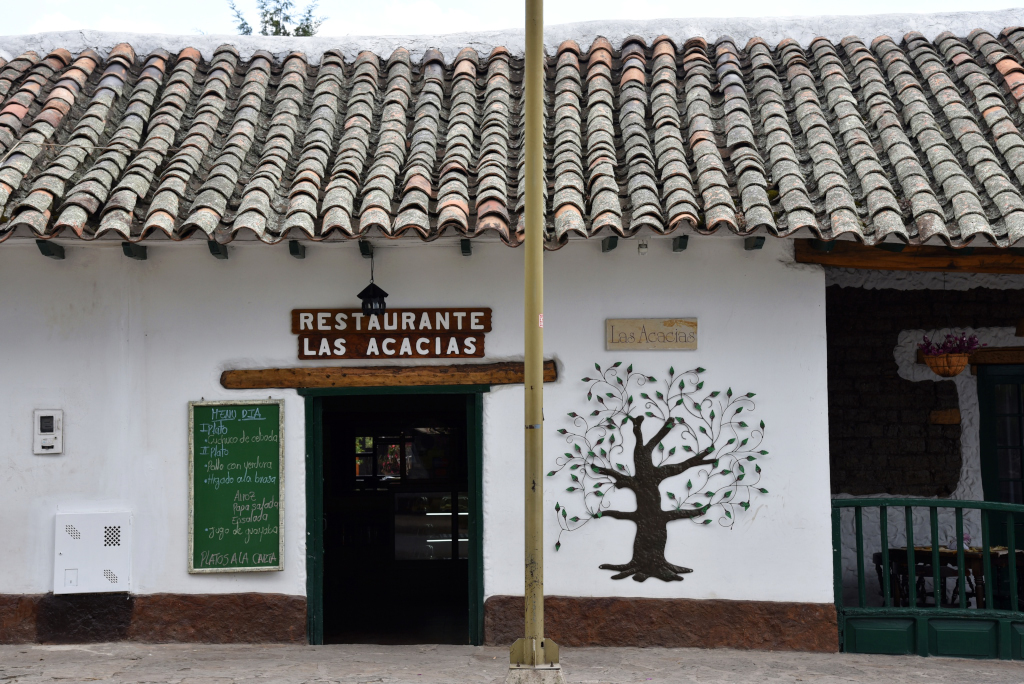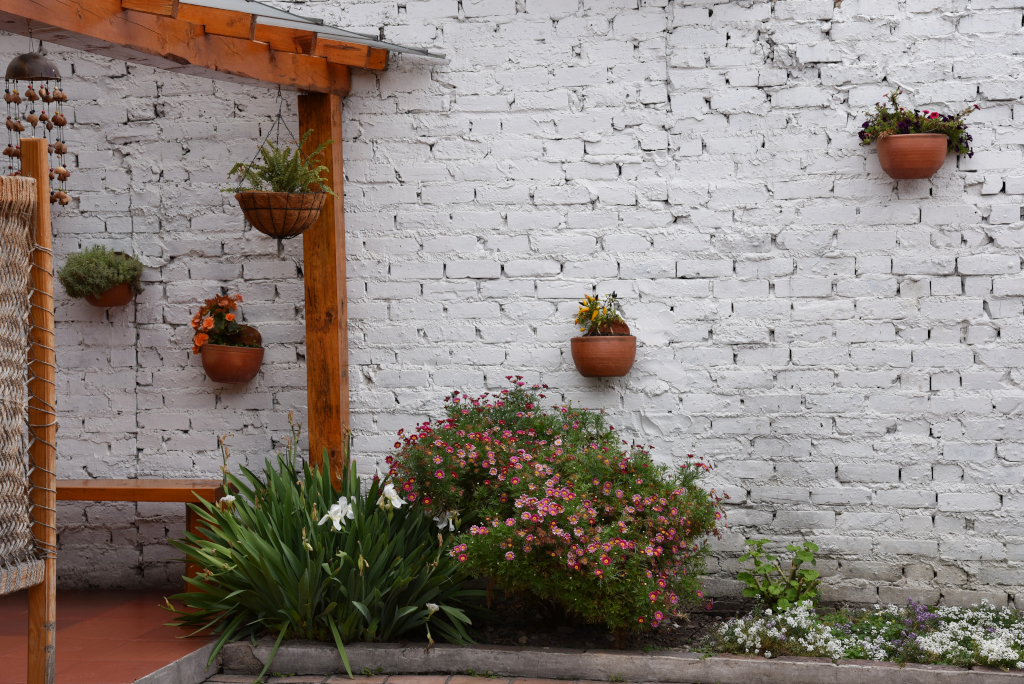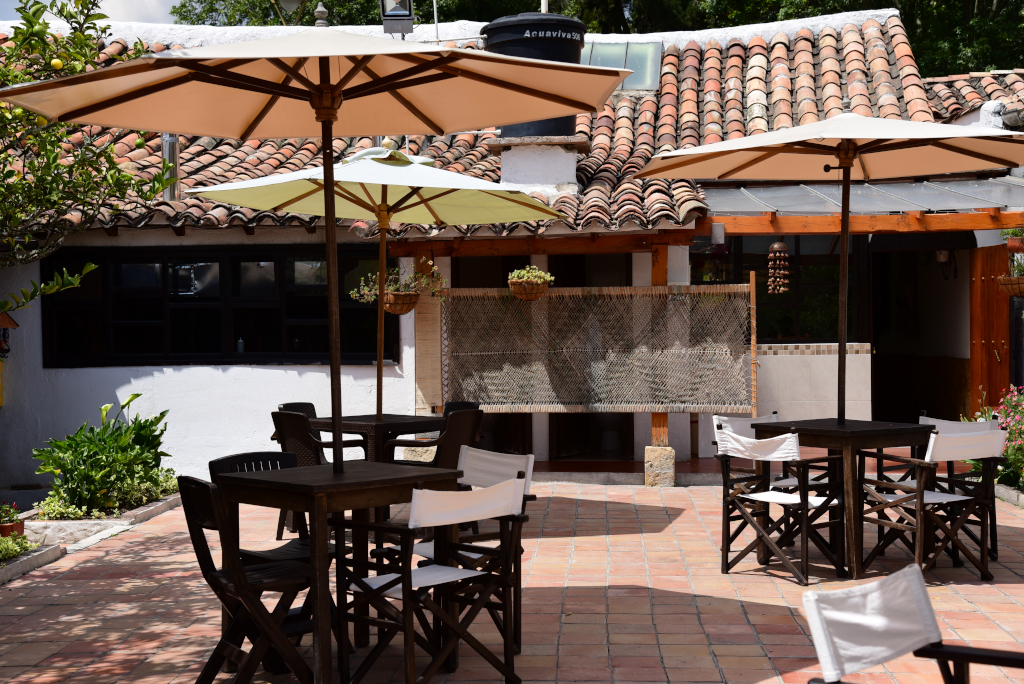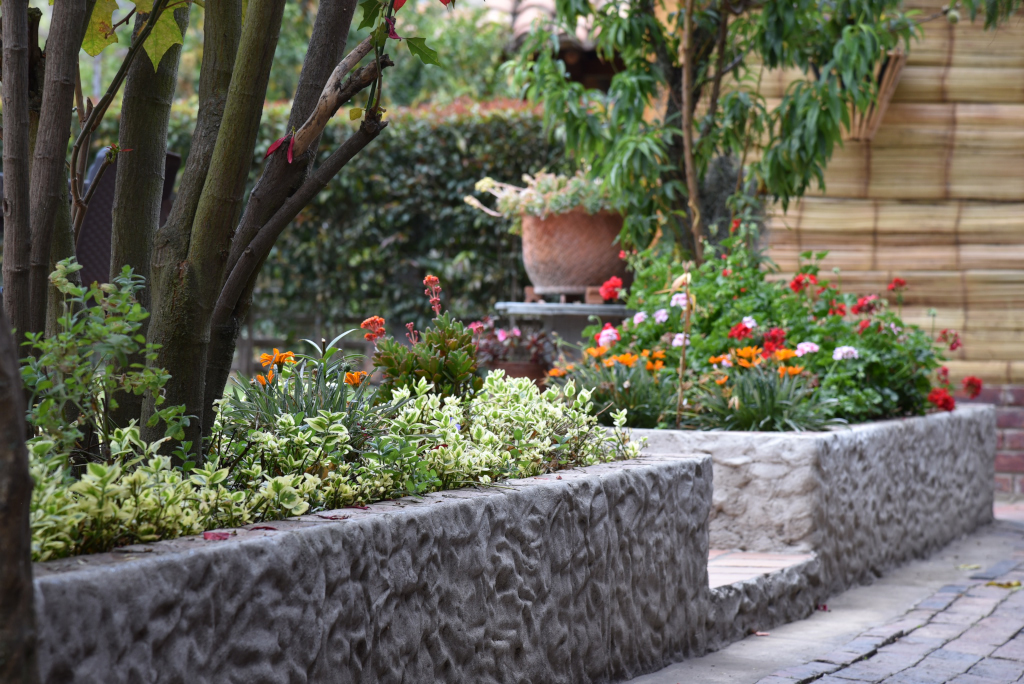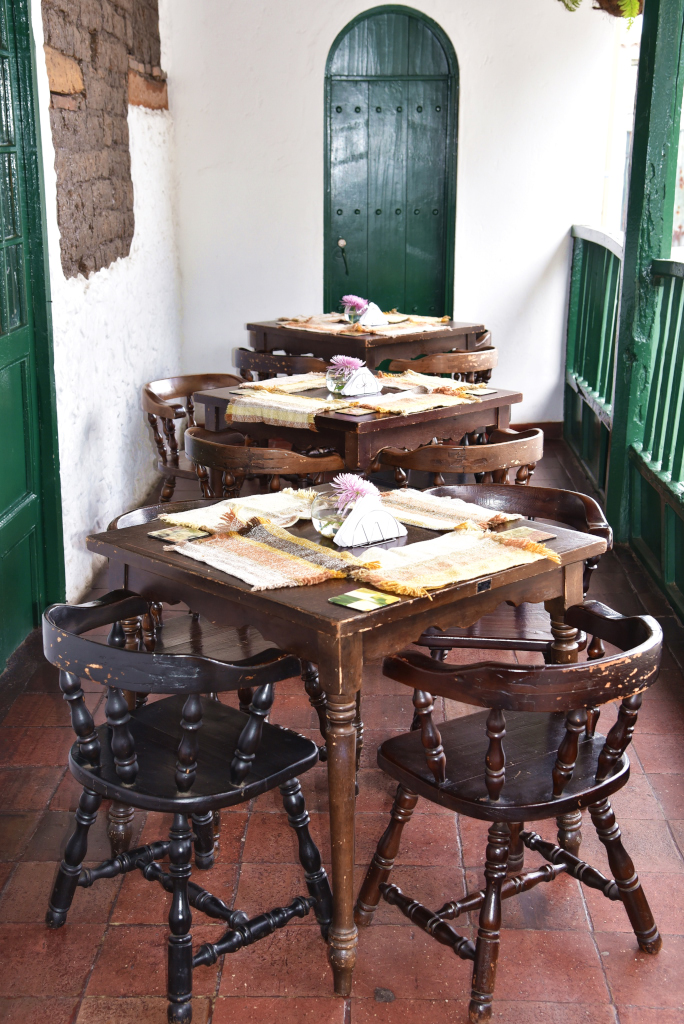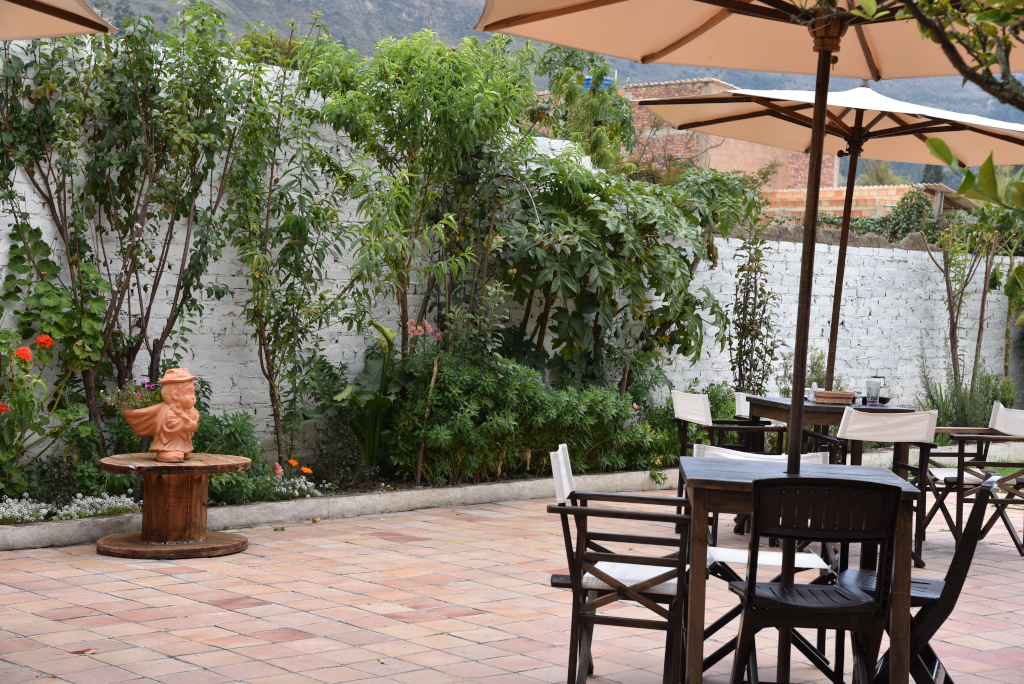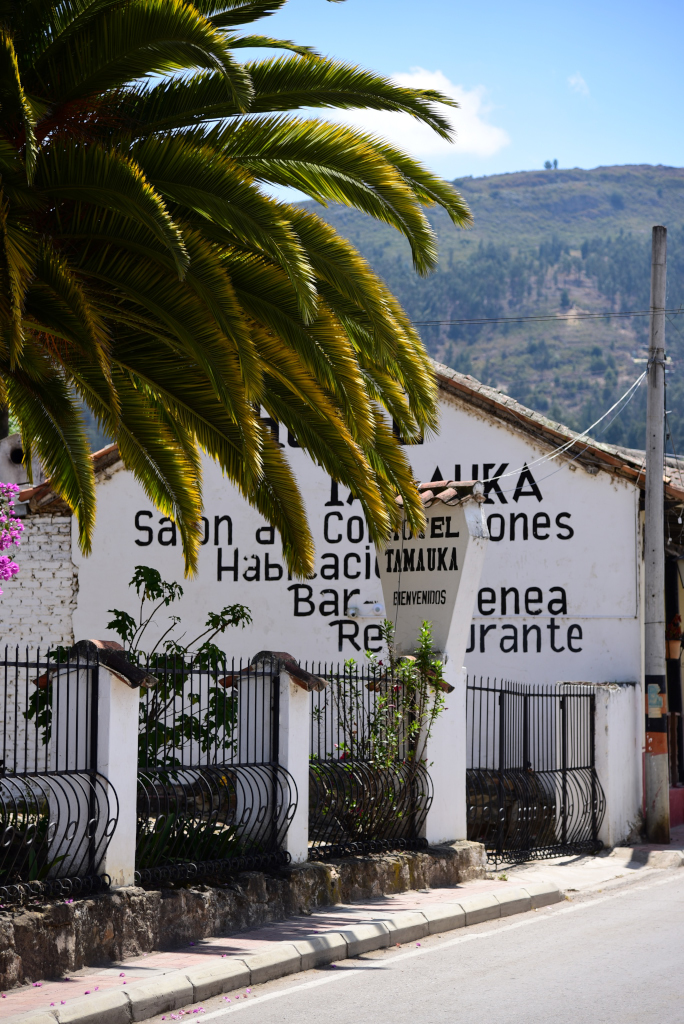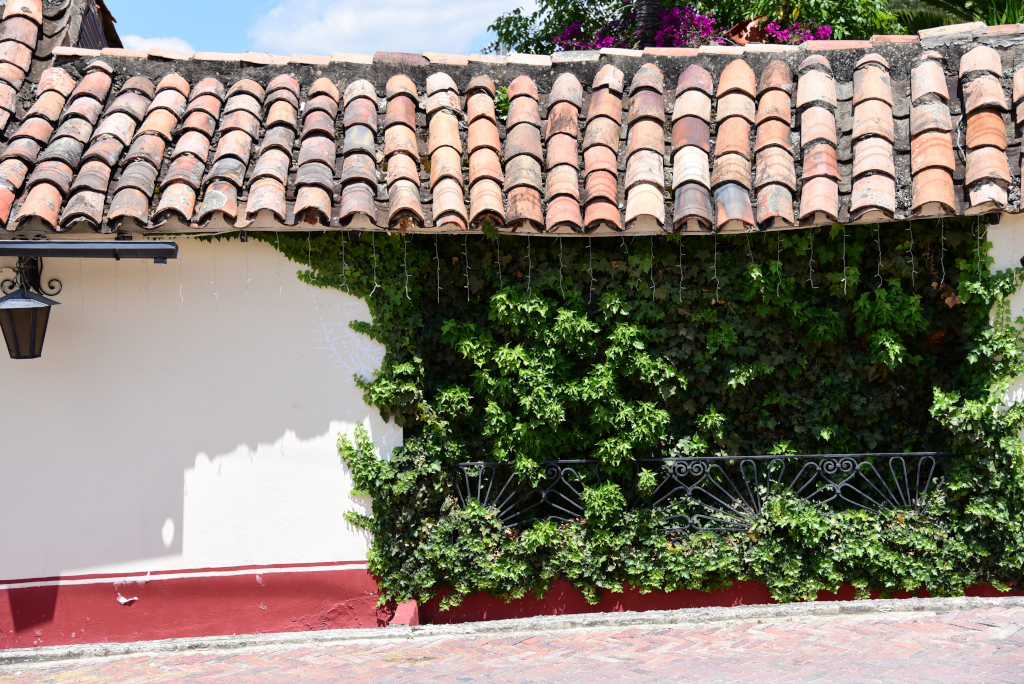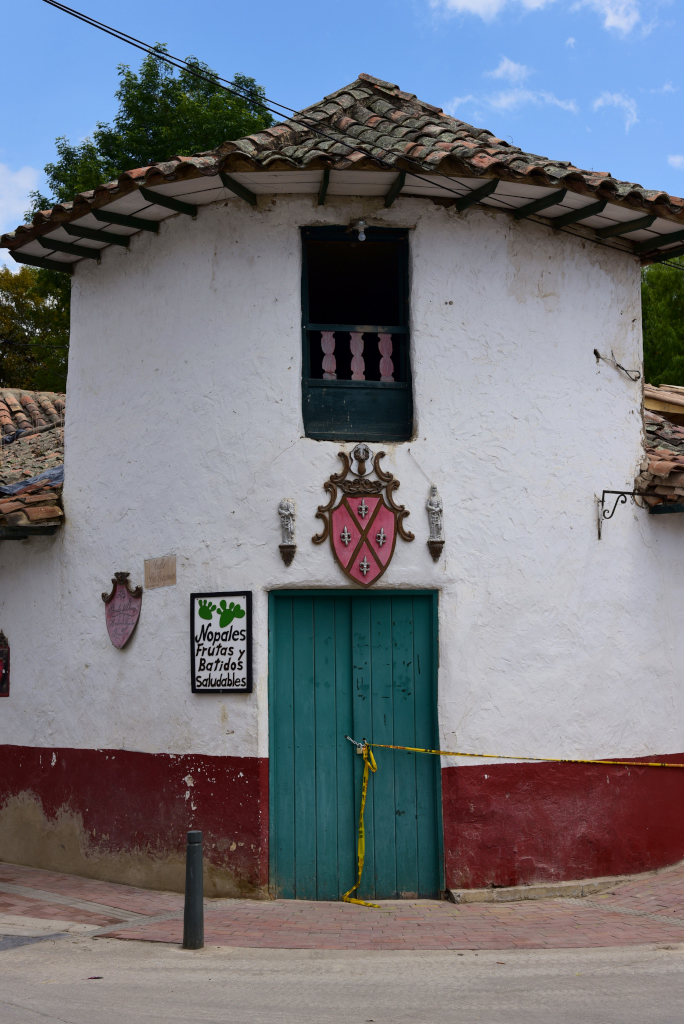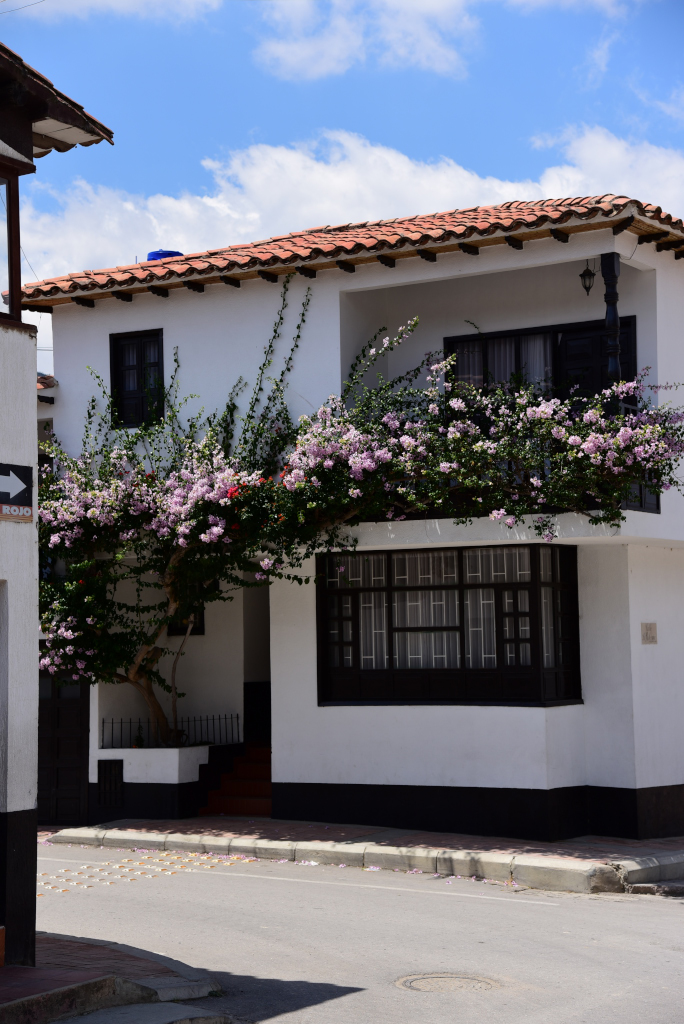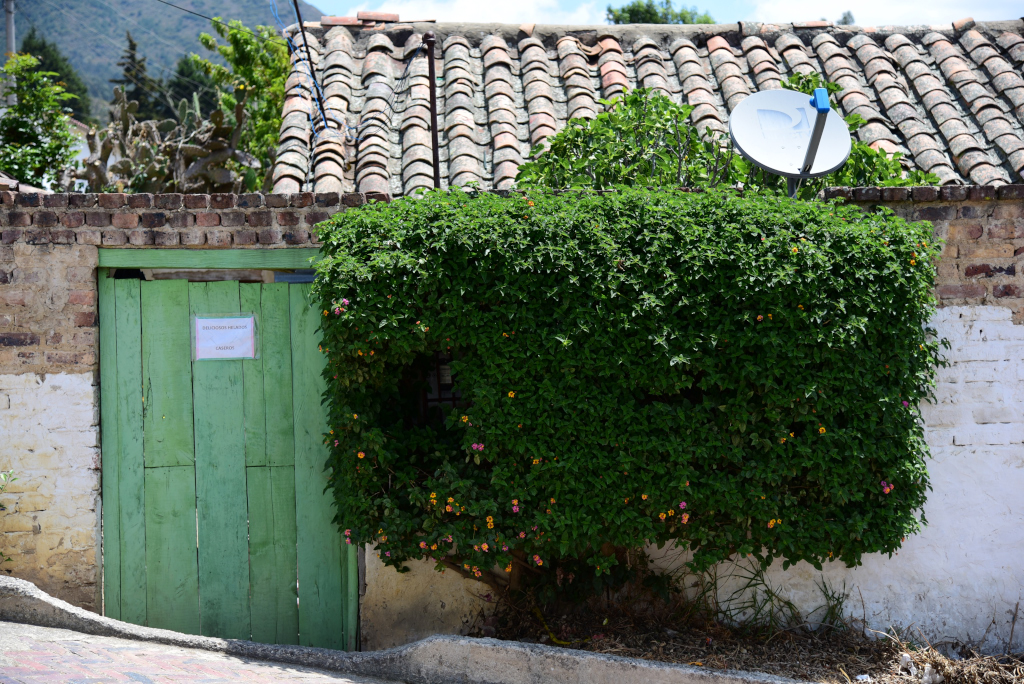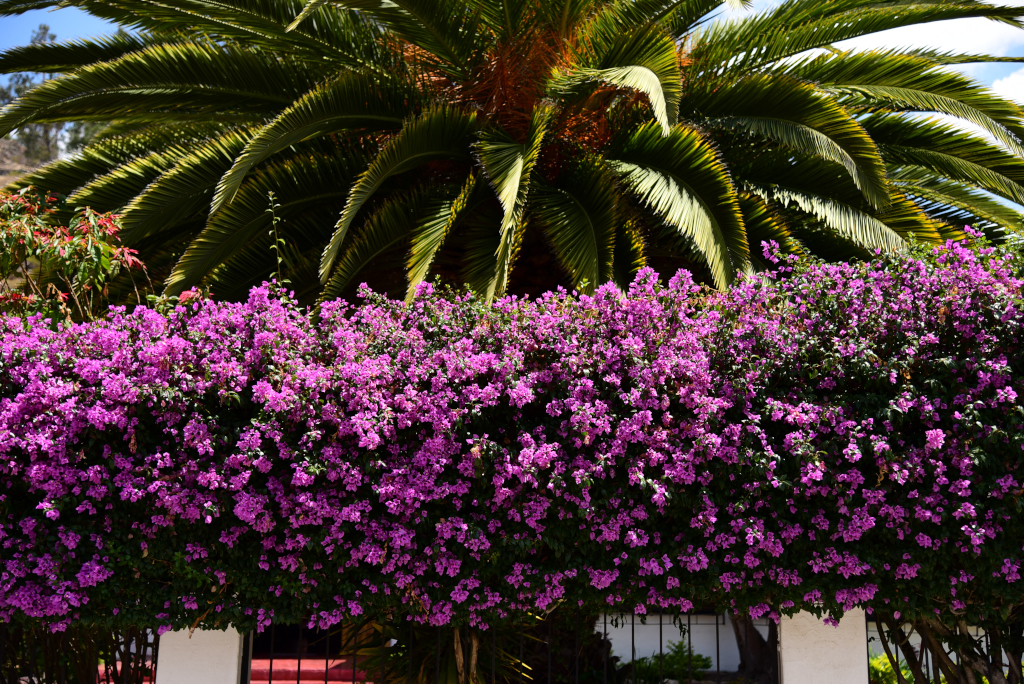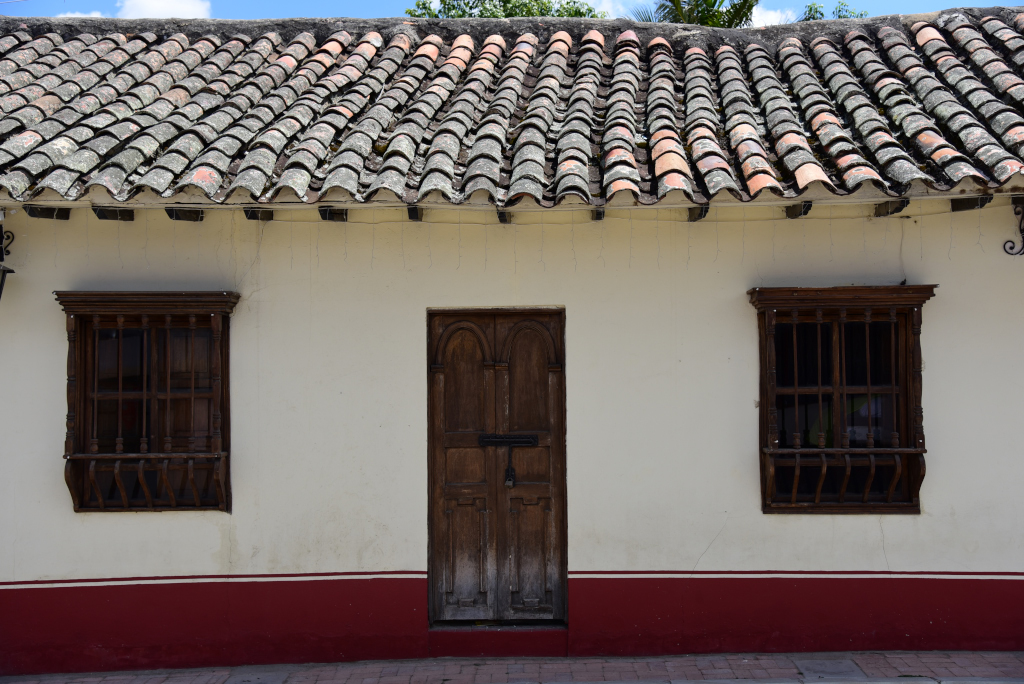February 28th, 2018
I wake up early, and set off to my work, composing and editing content in my journal. Unlike the weather we were beset with yesterday evening, the sun is shining brightly this morning. I slept well, meaning that there was no crazed racket from dogs that would have broken out some time in the middle of the night, nor blaring traffic from the earliest hours of the morning. Despite the regular bus service running along the narrow road adjacent the hotel, the location of my room in the hotel spares me the worst of the racket. Iza is just too off-beat of a location to suffer such indignity, although buses here pose the same problems as elsewhere, that is, spewing black smoke and loud engines echoing off the walls lining the narrow roads.
When I finally make it downstairs for breakfast, a plate of cut fruit awaits me at the table at which the owner is entertaining the group of Germans, attempting to explain the approach they should take to visiting the lake today. I am not sure he appreciates my taking lead in the conversation, as I speak German, and have more of a sense as to what they may want to entertain. I would love to revisit the east side of the lake with them, where the best views are offered, but want to get some writing out of the way as well as get a better sense of the town. Not that there is much to become familiar with in Iza …
My mission for the day is to walk around town and take photos. Iza is largely innocuous, with its whitewashed adobe and terracotta sensibility, its immaculate structures lining the narrow alleys, many apparently dedicated to hostales and hospedajes, although few if any actually seem to be open. This is a perennial issue pretty much anywhere in smaller towns, ie. a very scaled-back sense of life.
The brilliant sunshine offers plenty of photo opportunities, although my enthusiasm quickly runs aground, given that as pleasing as the town may be, in terms of visual content it is no different from so many other places in Colombia. The postre places on the plaza await, although ingesting even more dairy and sugar is probably not such a great idea at this point, particularly as the output of the establishment I visit today is nowhere near the quality I was presented yesterday in the adjacent establishment.
In a side street radiating out from the plaza, I chance upon Tejidos Rebancá, where two young men handloom ponchos, jackets, sweaters, scarves and mitts, adhering to local traditional clothing crafting techniques, although somewhere just winging it altogether. A large manual loom dominates the room, along the periphery racks with various types of clothing. Turning the garments over in my hands, I am almost incredulous at how utterly sloppy and misshapen they can be – or are the designs really intentional?
And yet there is something so utterly outlandish about the designs of the rough woolen and felt creations, awkwardly flared felt jackets with leprous mottling or incongruous, random embroidery, lopsided ponchos with one side far longer than the other, or incongruous appliqué of sheer cotton, apparently traditional colour patterns imbued with subtle colour transformations. The colour work featured on the pieces appears muted due to use of natural, plant-based colours.
Prices are quite high, from roughly CAD $50 to $120 for a garment, hardly inexpensive by any stretch of the imagination, and yet considering that the garments are unique, draw upon local tradition, are hand-crafted, and use natural fabrics from a community-based production, then the story changes significantly.
Further on, I arrive in the countryside, crossing a bridge over a creek teaming with lab-coated students performing tests on the water. Good luck with that one – just don’t drink the water! A few houses, bucolic fields, rows of willows, onions as far as the eye can see, a complacent herder tending to his sheep, and off on the distant mountainside, a swimming pool beckons.
My walk takes me to the far end of the village, down the road leading back to Sagomoso. Clouds are now forming overhead, and it looks like the beautiful sunny weather that we were blessed with in the morning will soon be gone. Maybe it wasn’t such a bad idea to have stayed in town today. Small shops line one side of the road, and on the other, grass pastureland rises up the slopes dotted with spindly eucalyptus and other trees, a few cattle and sheep browsing the grass pasture.
Surprisingly, further down the way is a small bakery and café, redolent in the smell of fresh-baked bread. The café features quality coffee, although the place’s claim to fame is the fresh sourdough bread, which the baker and owner assures me is authentic. And I can attest to the fact that it is virtually impossible to get quality bread in Colombia. He laughs at my disparaging description of Colombian bread.
Incentives were pursued by the baking industry to continually dilute the quality of commercially-produced bread to make it more profitable, hence the universally insipid quality of bread now found in the country. There are repeated outages of electricity as we speak, which will obviously impact the quality of the sourdough bread he is experimenting with baking at the moment.
The baker is coincidentally also originally from Güicán, as is the owner of the hotel I am staying in. He also has family that owns a hospedaje in the area, which happens to be the Kanwara cabins that we tried unsuccessfully to stay at in the PNN Cocuy. Again, what a small world!
An ideal way of growing his business would be to foster cooperation with local hotels, but they are probably all too intent on guarding their own turf. A possibility could be to have a sandwich stand when large numbers of particularly oversees tourists arrive, although it becomes complicated to set up a stand in public places, due to regulation.
The postre places used to be in the street, and now they have to be in shop interiors. He complains about the amount of taxes he has to pay, but then no real business thrives off of selling a few loaves of bread a day. He runs a bed and breakfast with a few rooms upstairs as well. The location of the bakery is a problem, as few of the backpackers who would come into town would have any idea as to the fact it even exists.
None of this fun is cheap, although the bread is still easily half the price it would be back home. And of course I need to take a loaf of bread back to the hotel. The bread is utterly delectable, with a really nice crunchy crust and almost right silky interior. However, it turns out later in the evening that the bread has lost all consistency and becomes mushy.
It is now raining lightly, and I pull out the umbrella for the first time on my trip. The hotel appears to be locked up, and I have to be creative to get into the parking lot and up into my room. I just can’t believe that the place is locked up and abandoned, and it’s not even evening yet. Once inside, it’s time for some more quality time in front of my computer, some things on this trip not being so different from my life back home. I look at the time, thinking that if I wait too long, I won’t be able to return to the Tejidos Rebancá store, nor get dinner, as things close early in town.
A bout of looking for accommodation on AirBnB for a place, a seemingly never-ending headache. The tack I am taking at the moment is to isolate places that I feel may qualify, then message every property owner to ensure that they are actually present and paying attention prior to making the appropriate booking.
Returning to the Tejidos Rebancá, I go through all of the garments again in the store, not quite sure what to think. I try on all the ponchos, and there are definitely ones that are larger in size, but the colour schemes seem rather innocuous, given the tendency to the outlandish visible in the jackets. The smaller of the two owners models the felt jackets, and some of them would definitely work, although I am not so sure about the rabbit fur collar for environmental/political reasons. And then a baggy wool jacket seems to actually fit me quite well, other than the very short sleeves …
I promise to return tomorrow morning after due reflection, although beyond the usual concern of spending a bunch of money on clothing that is hardly very necessary, raw wool offers a very clear invitation to clothing moths, never mind the fact that I will am already overloaded with baggage.
The sojourn in the Tejidos Rebancá took too long, and the Restaurante Las Acacias is now closed, or more importantly, the cook has gone home. That leaves the overpriced place next door that no one eats in, and after a cursory walk around the centre of town, the lone tienda that offers cans of tuna and meatballs in addition to some tomatoes.
Now the Hotel Casona Nuñez is really locked down, the gate to the parking lot closed and locked, and the front doors also closed and locked. There is no sign of the Germans or anyone else here for that matter. I am somewhat flabbergasted at the complete indifference the hotel owner has to his guests. Perhaps he should find some other business to get into?
In the end I manage to unhinge the bolt locking the parking lot gate, but dinner becomes somewhat awkward, what with no access to cutlery or plates in the kitchen.
Just by random chance I remember to take the malaria Doxycycline, probably appropriate, given that I am about to travel into a tropical area …
